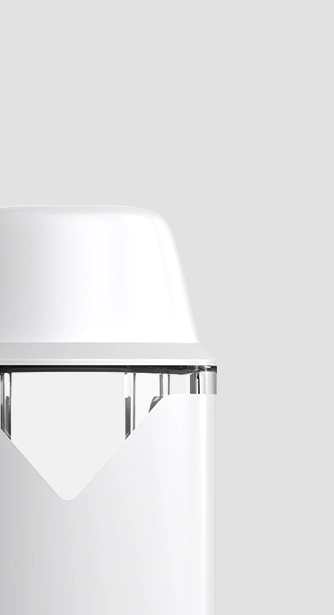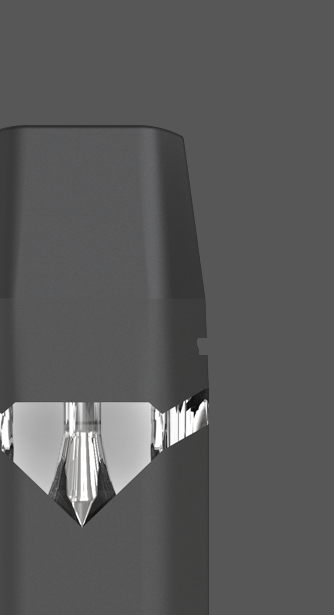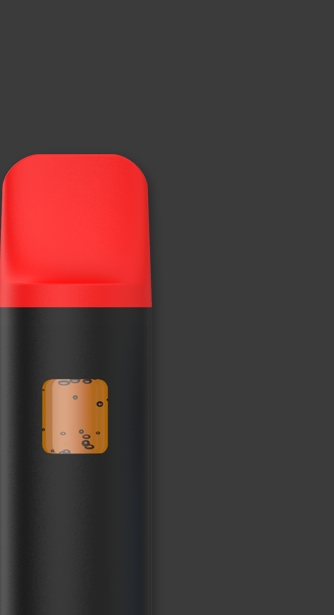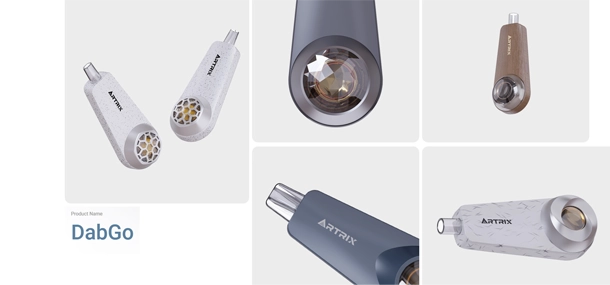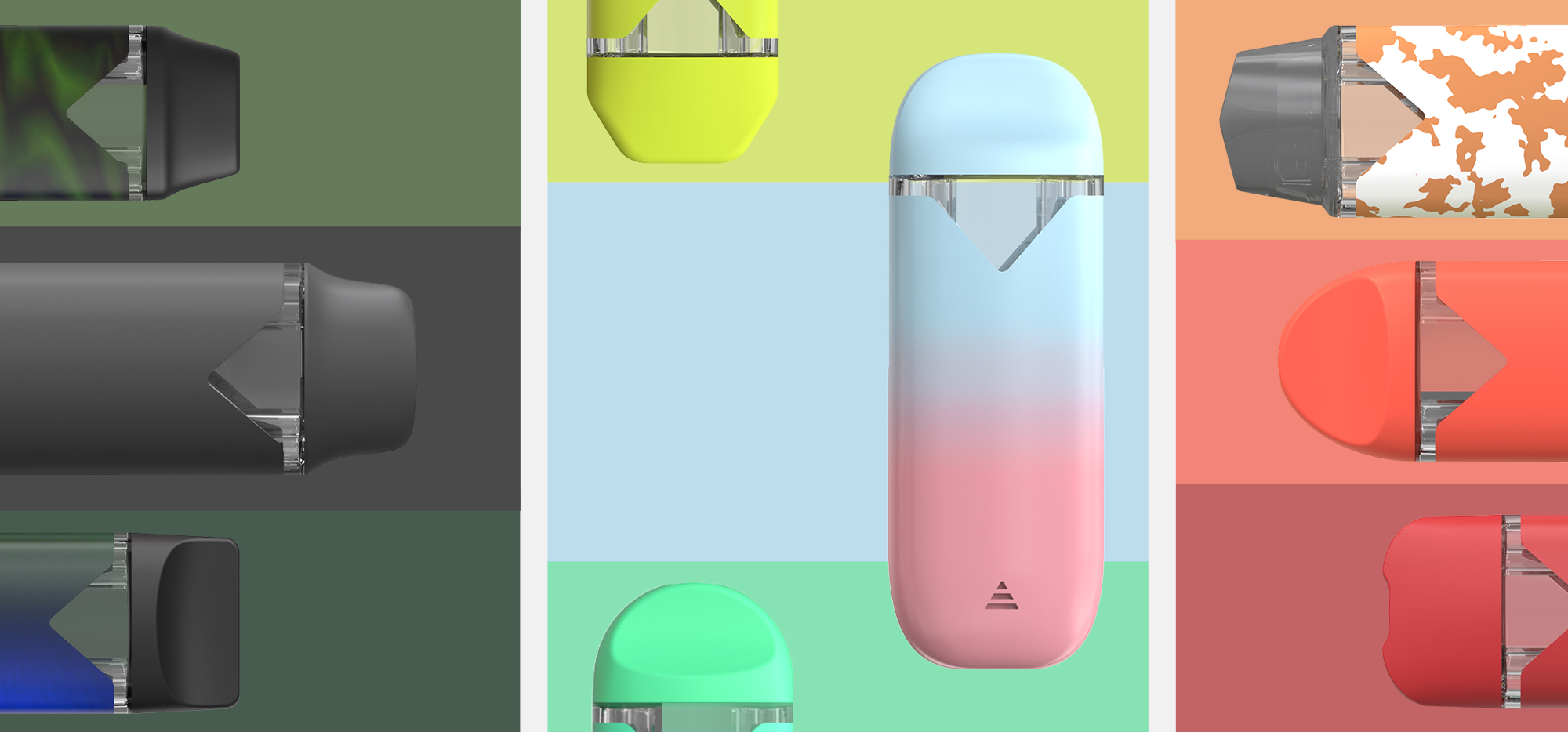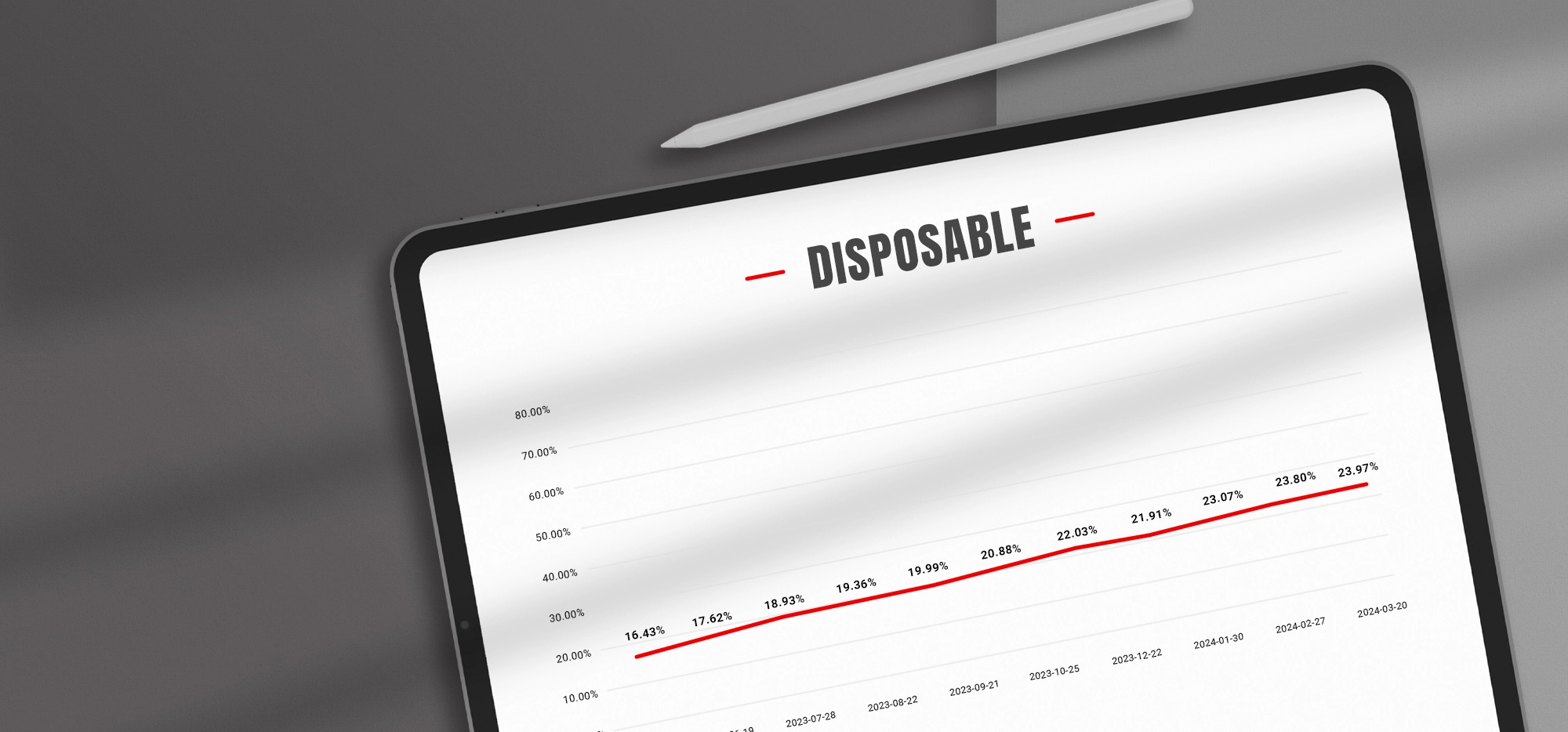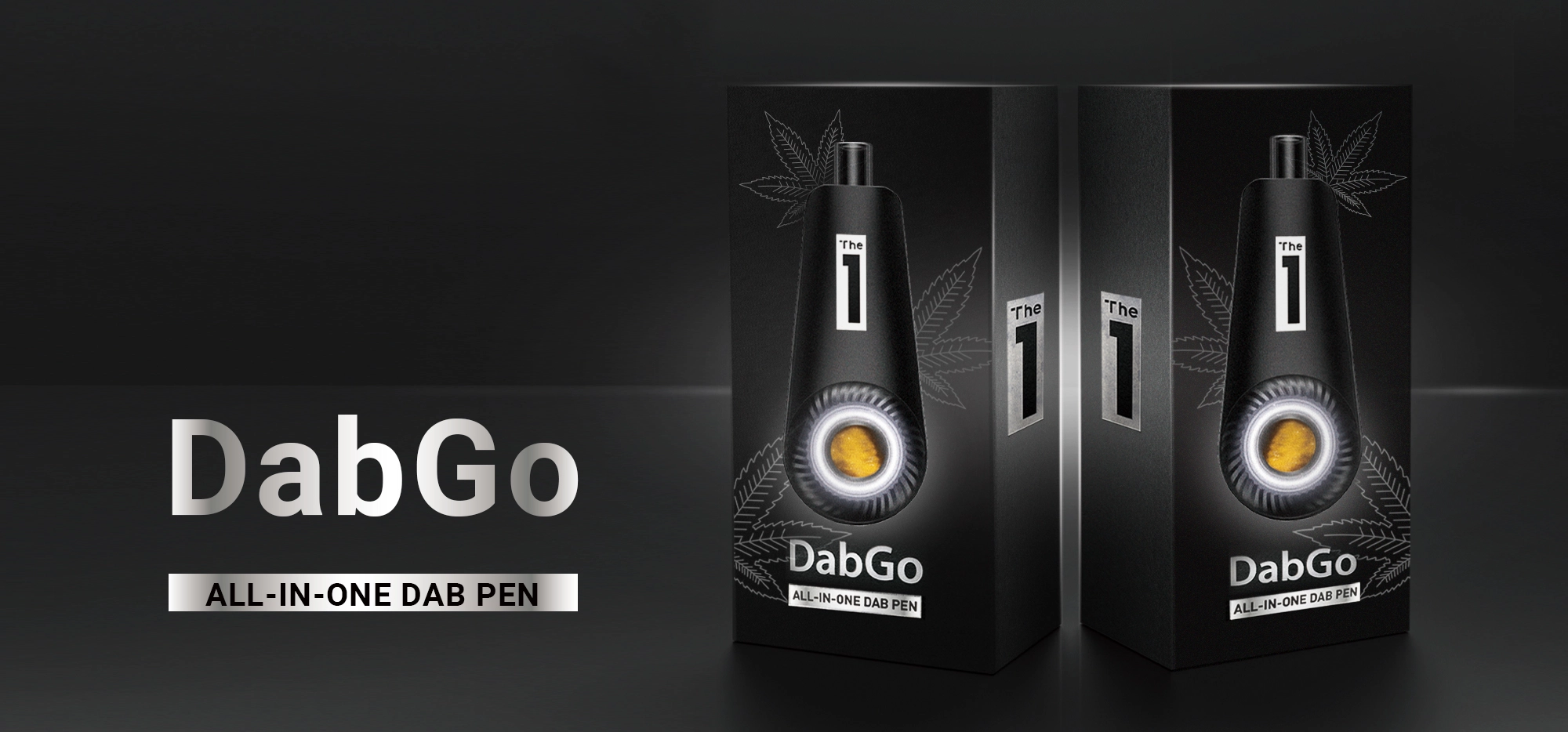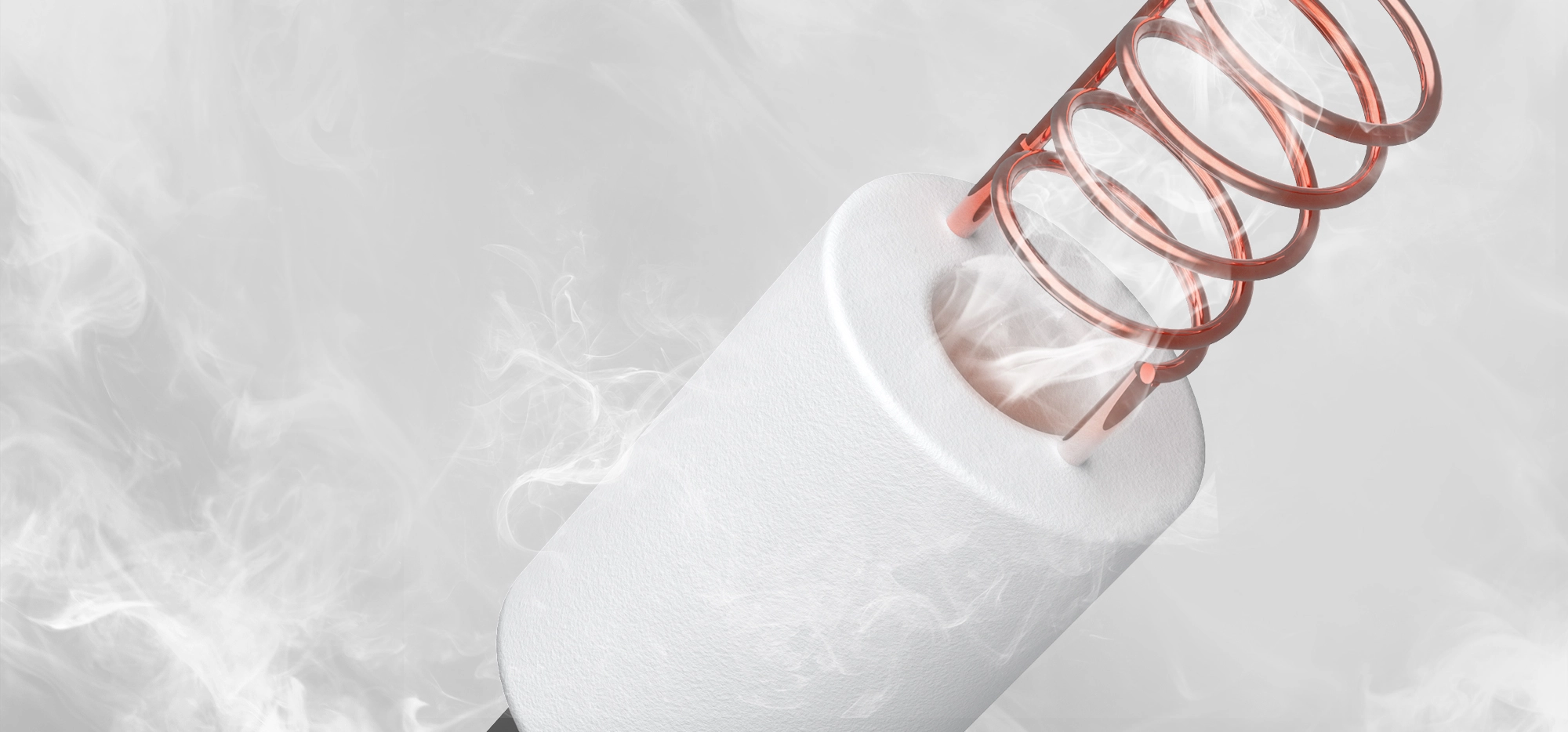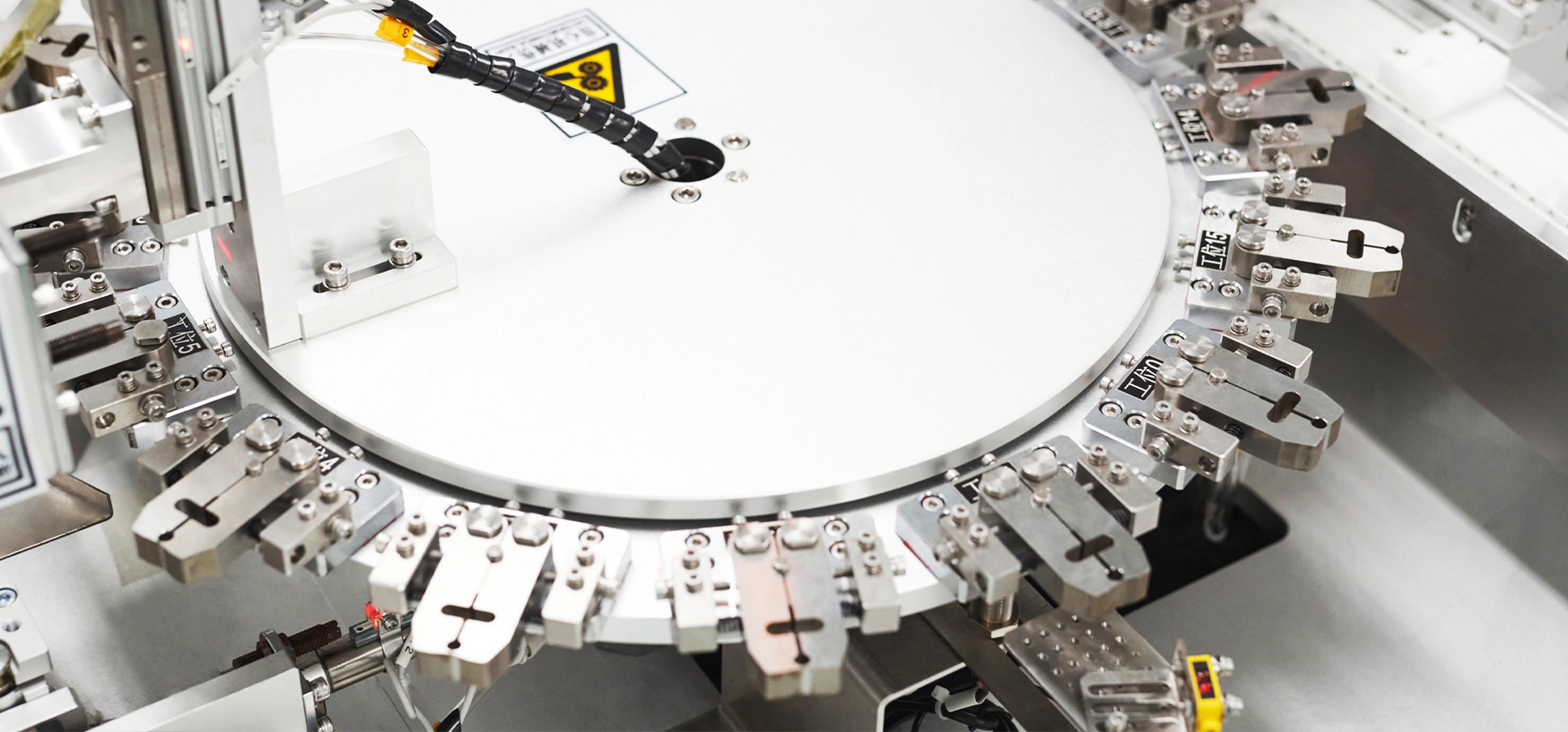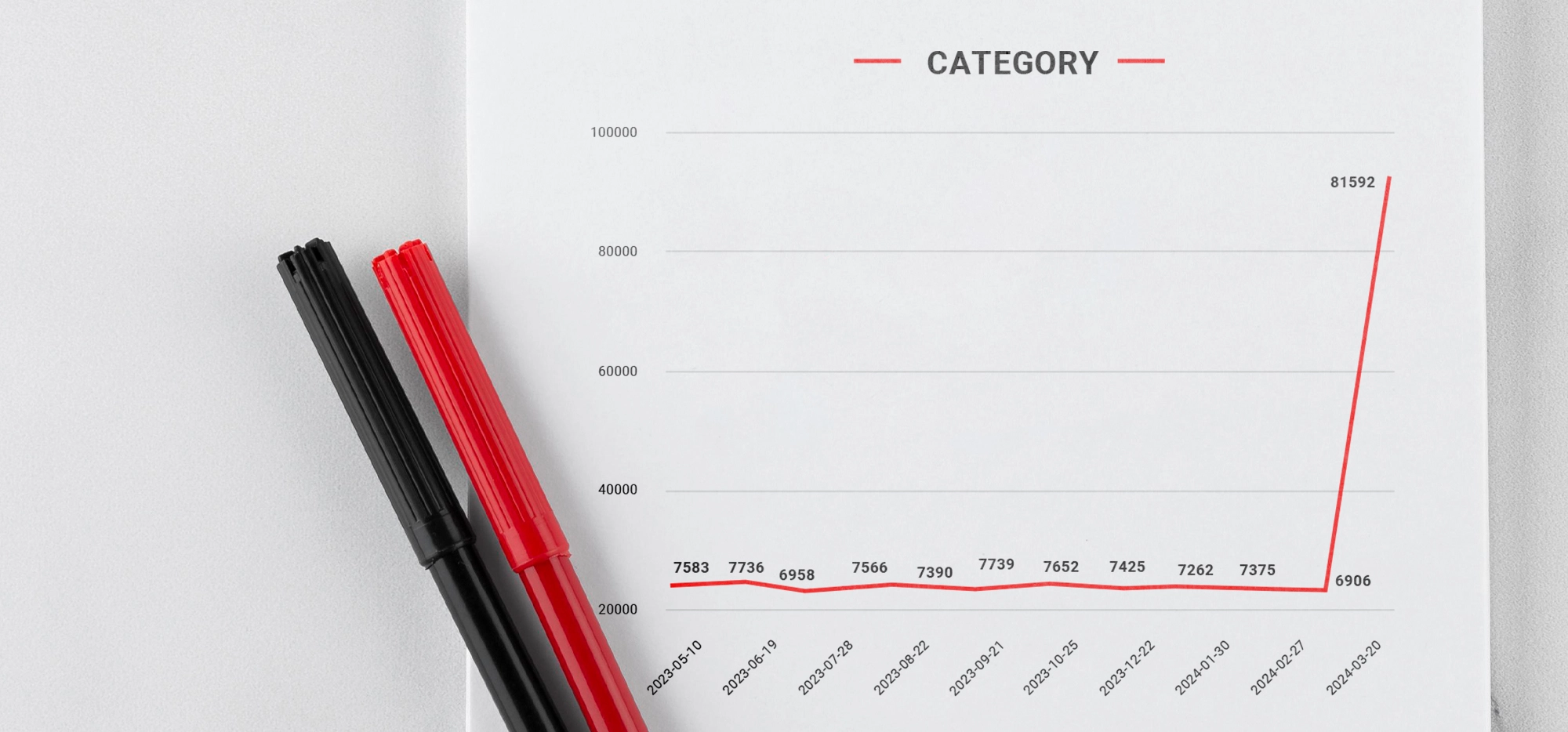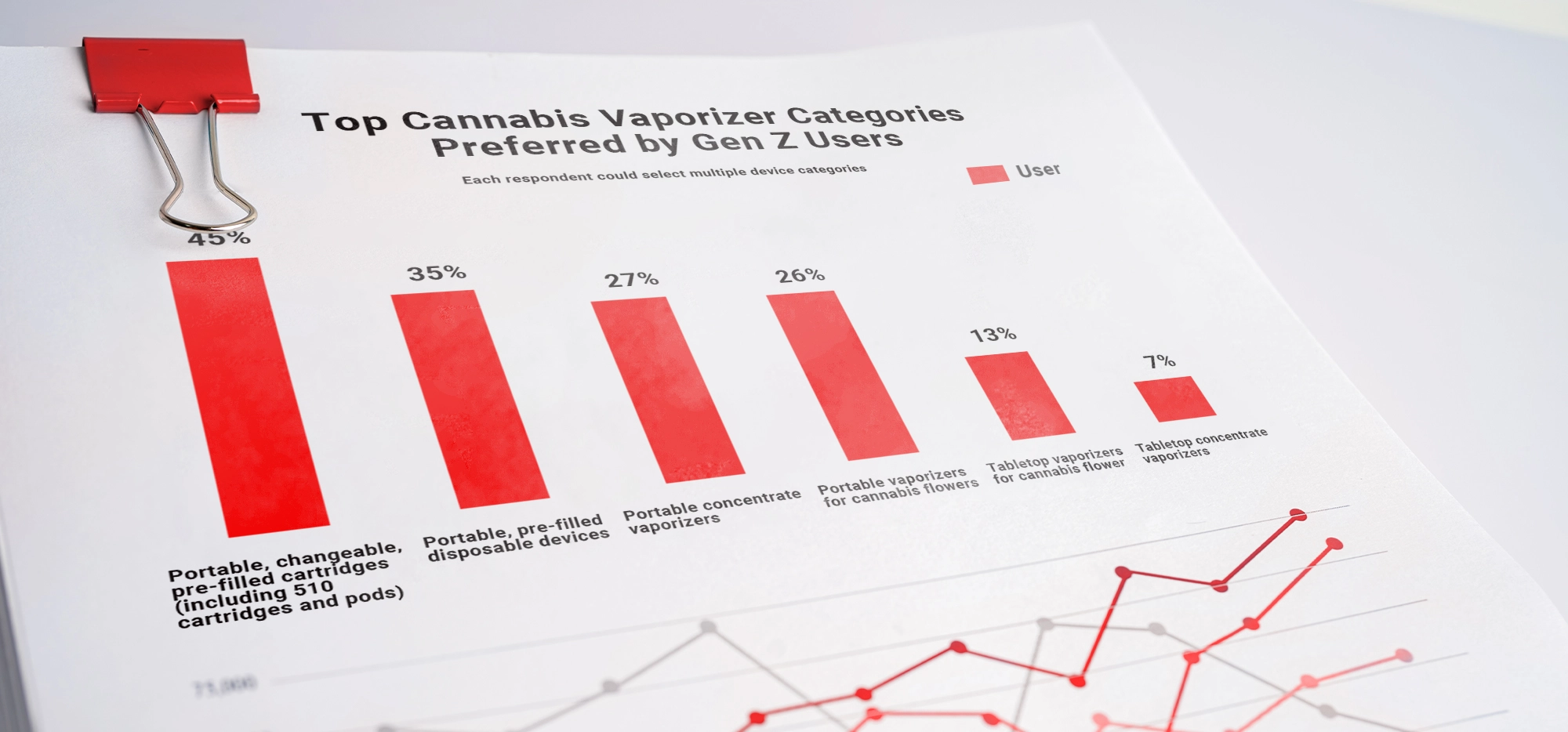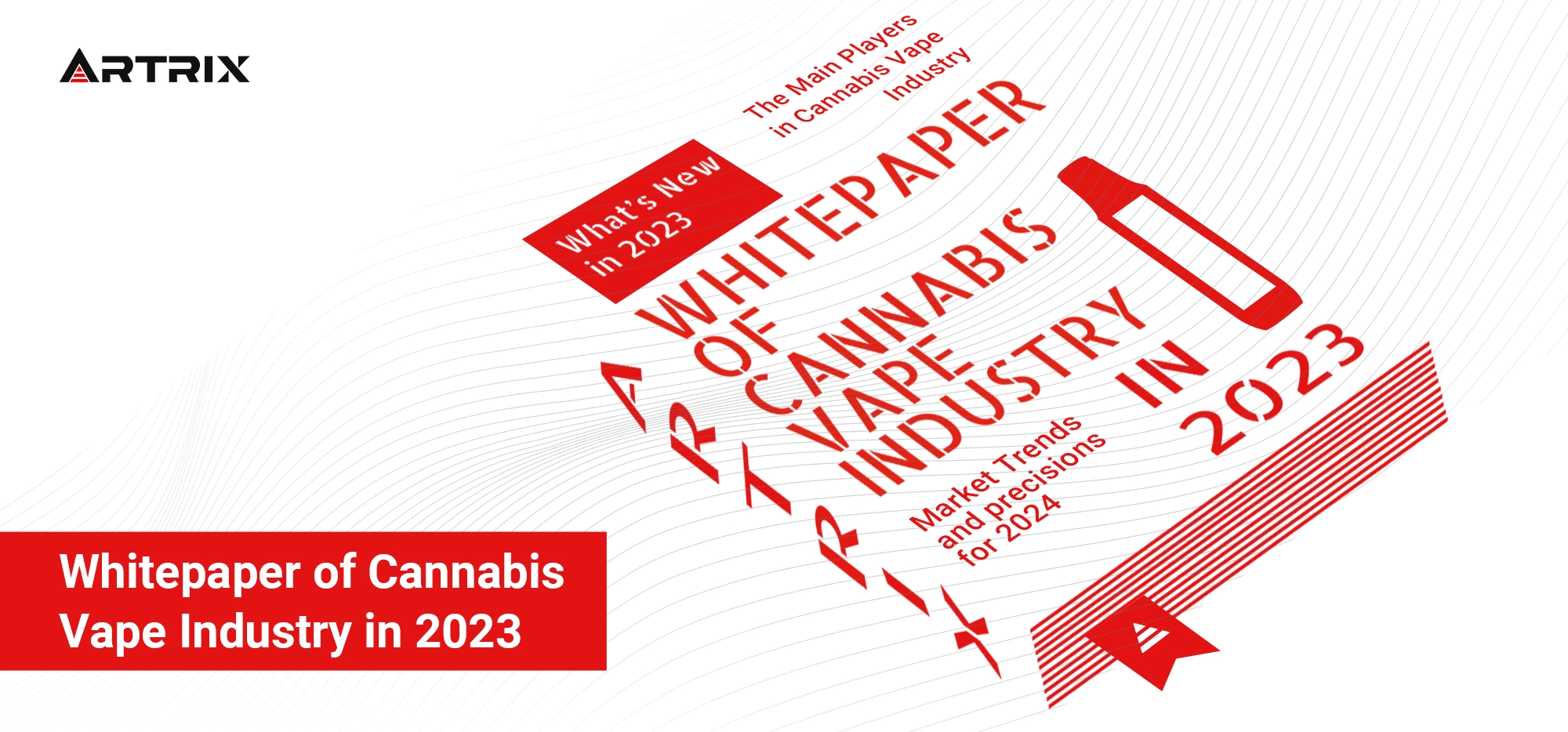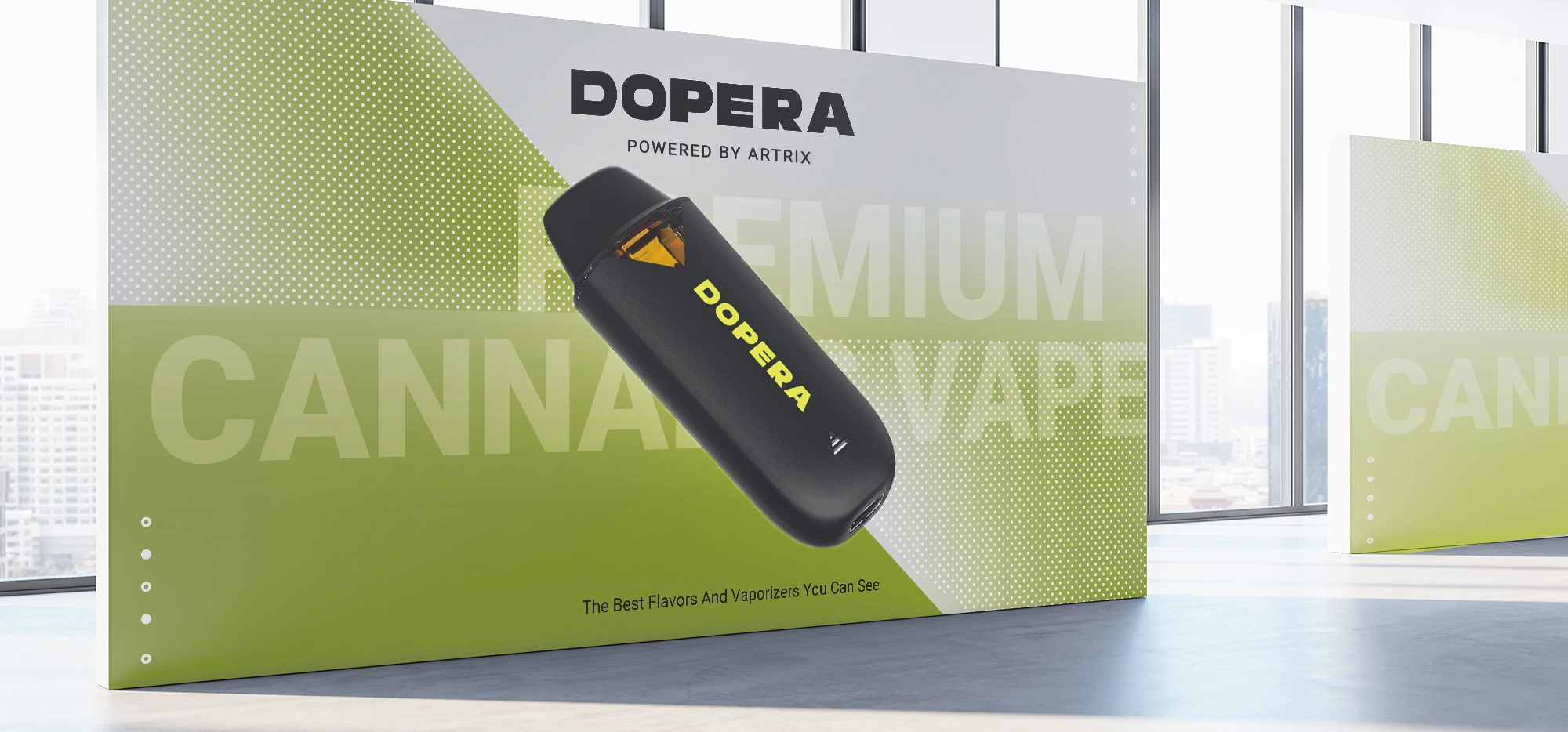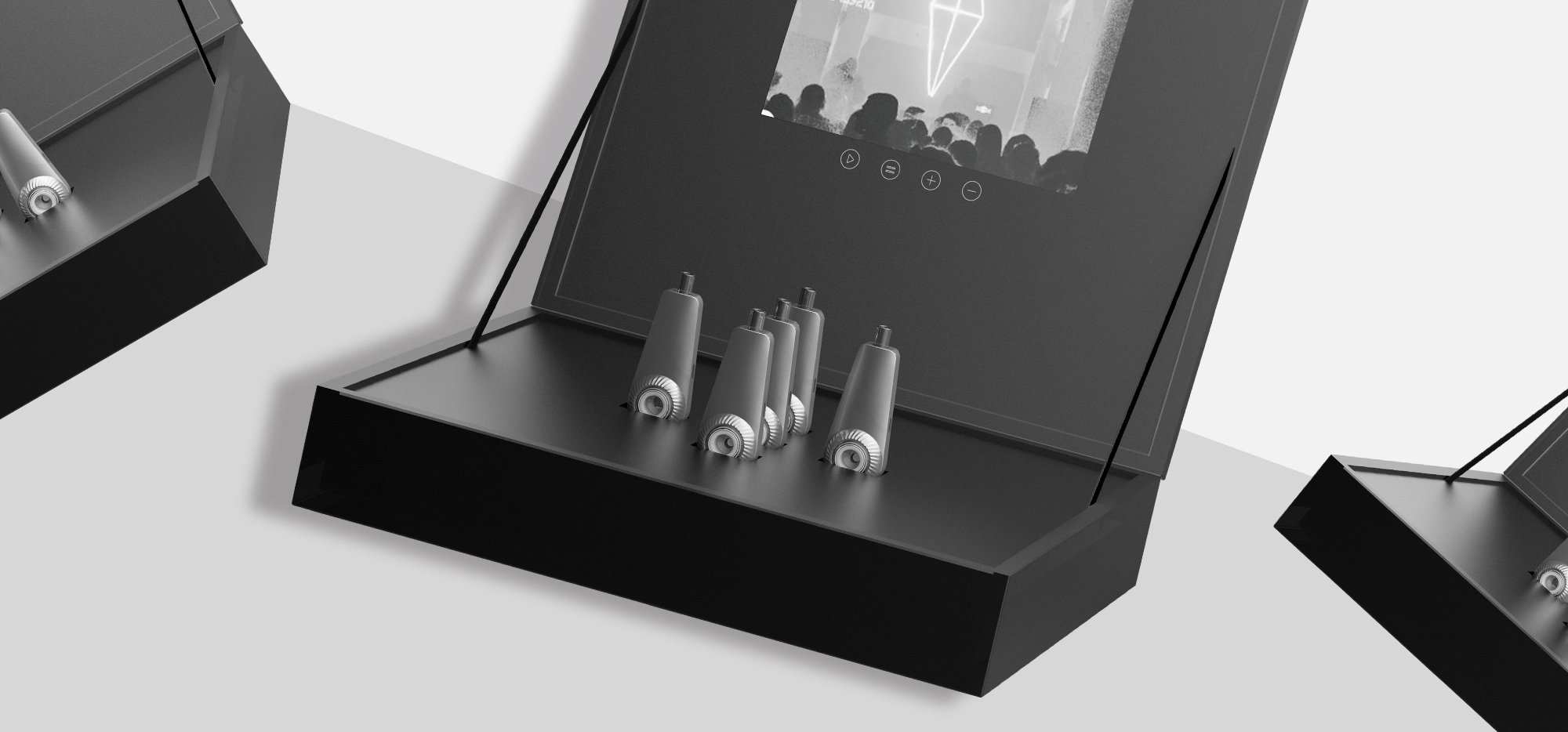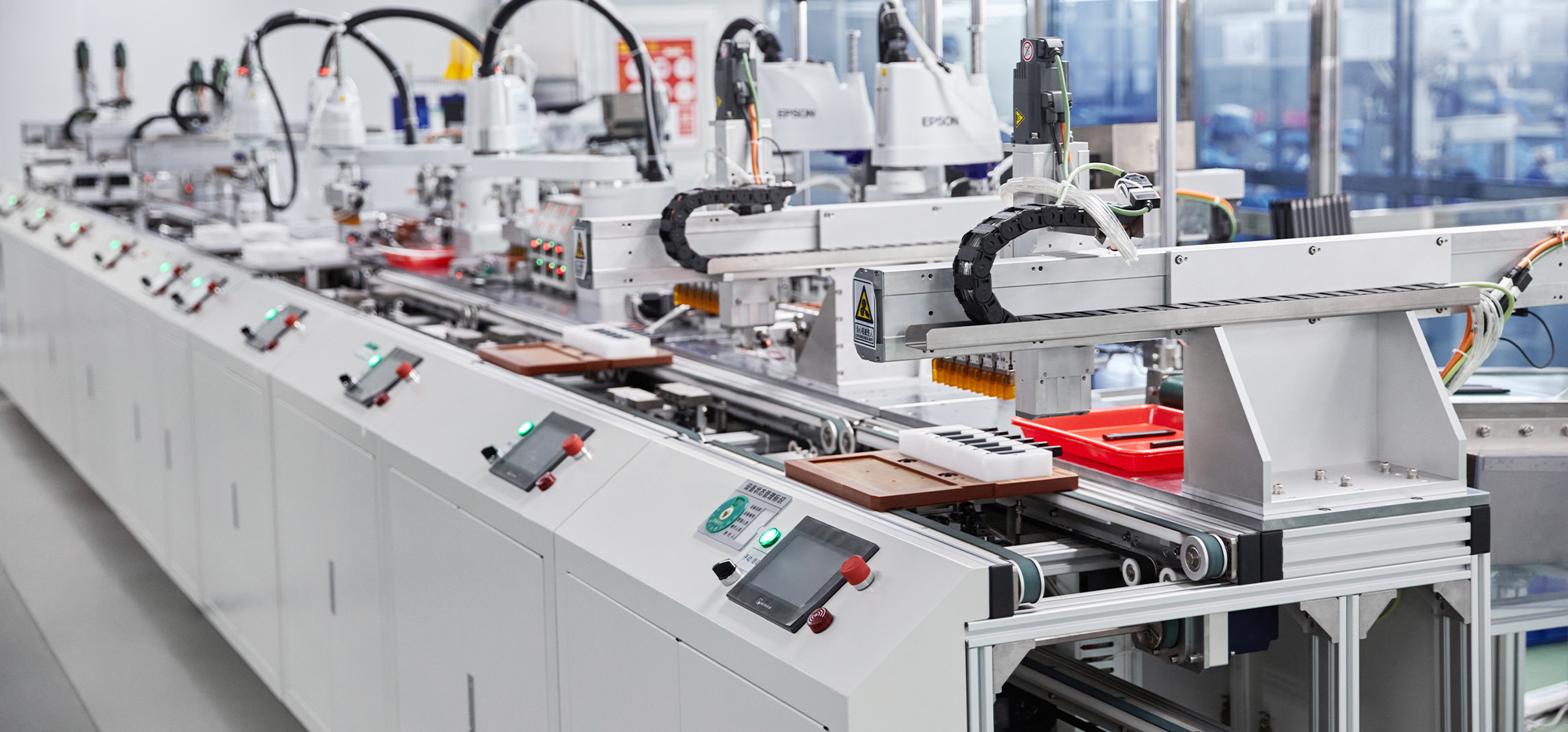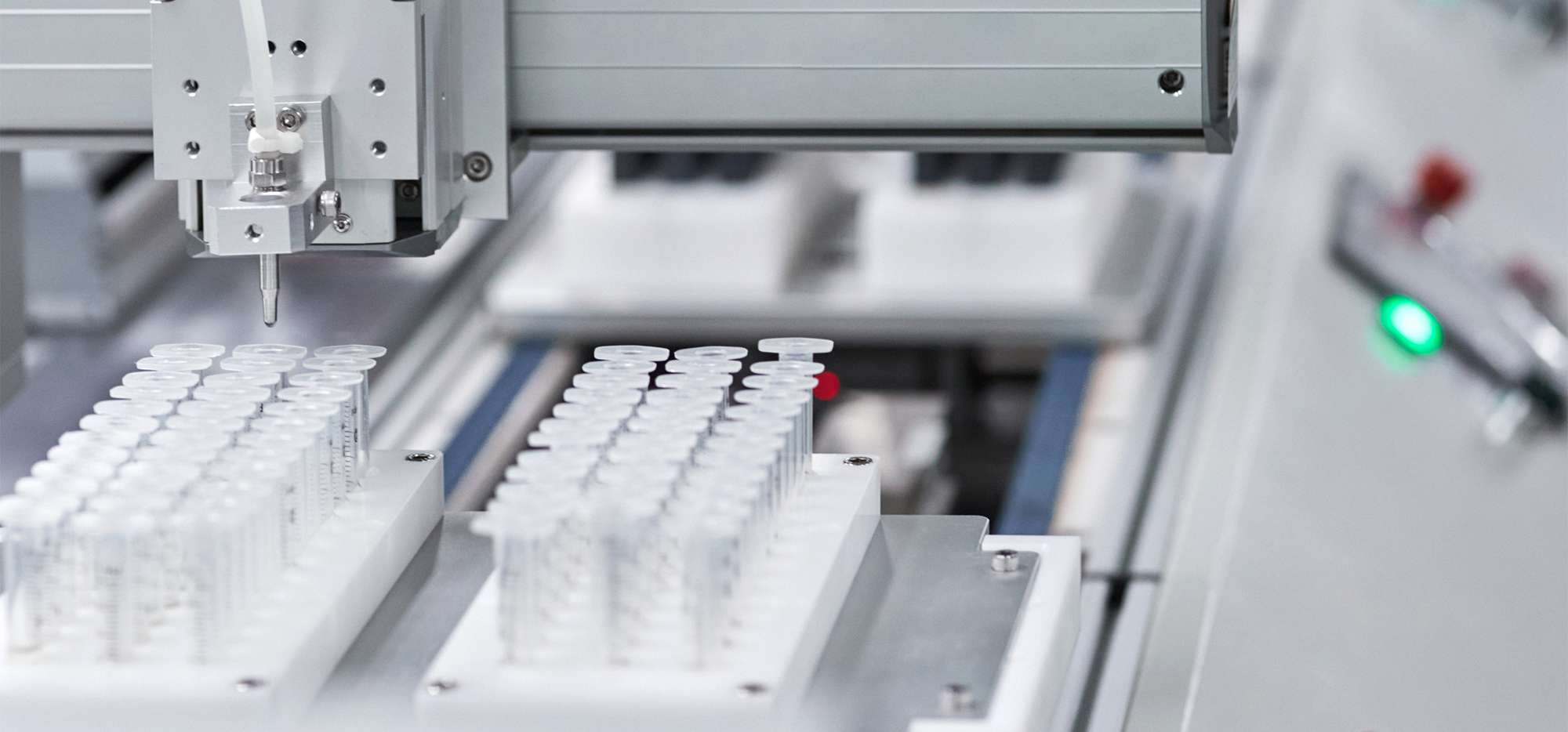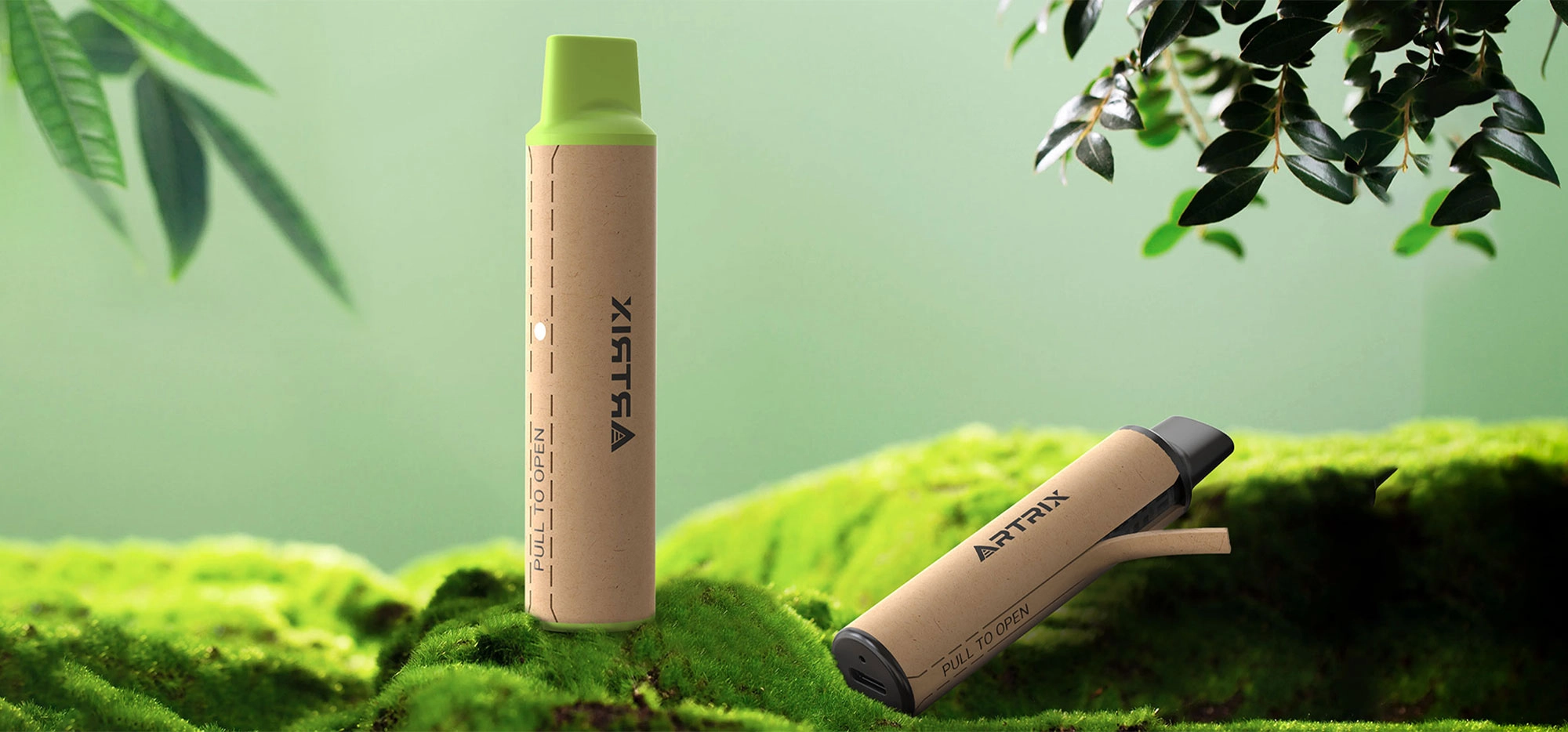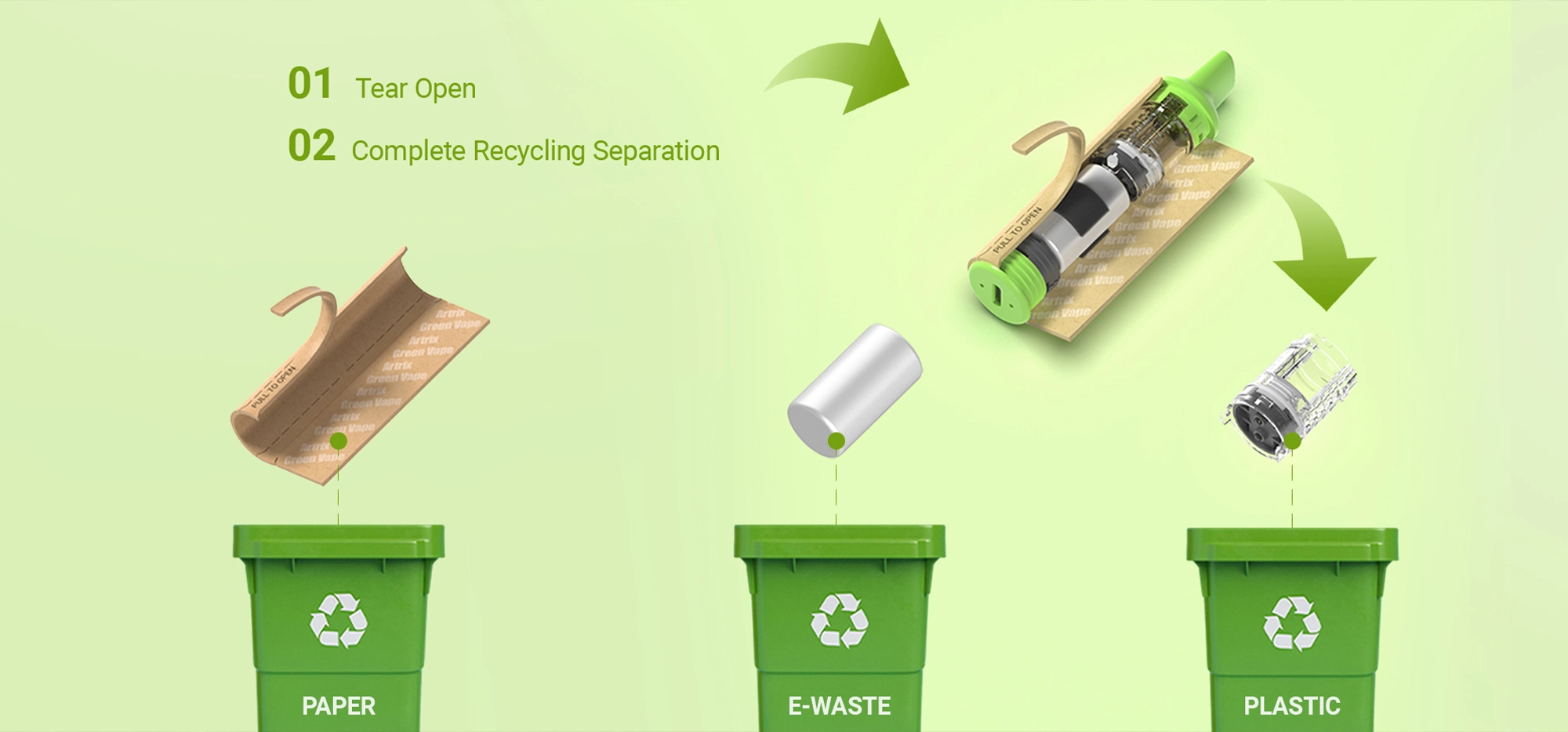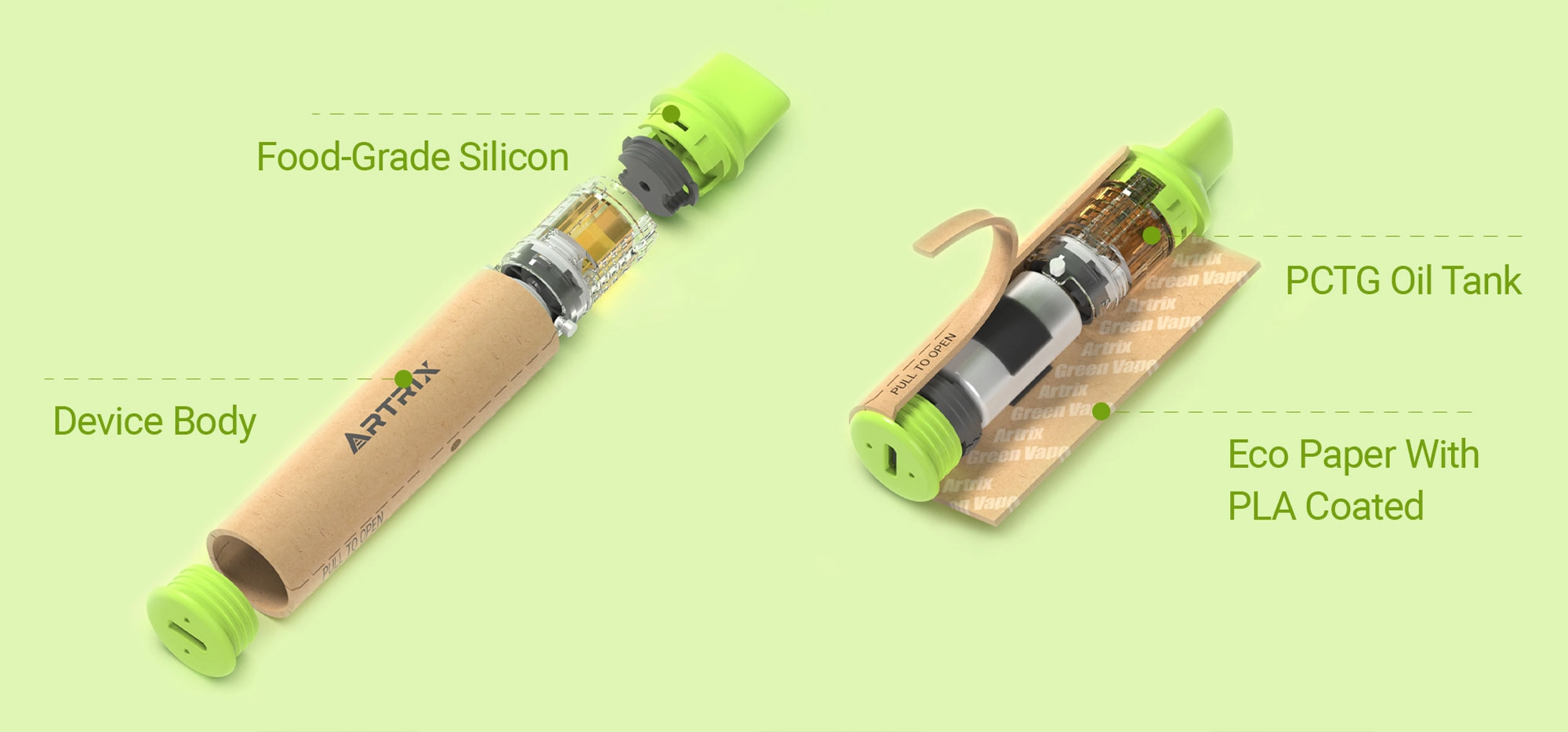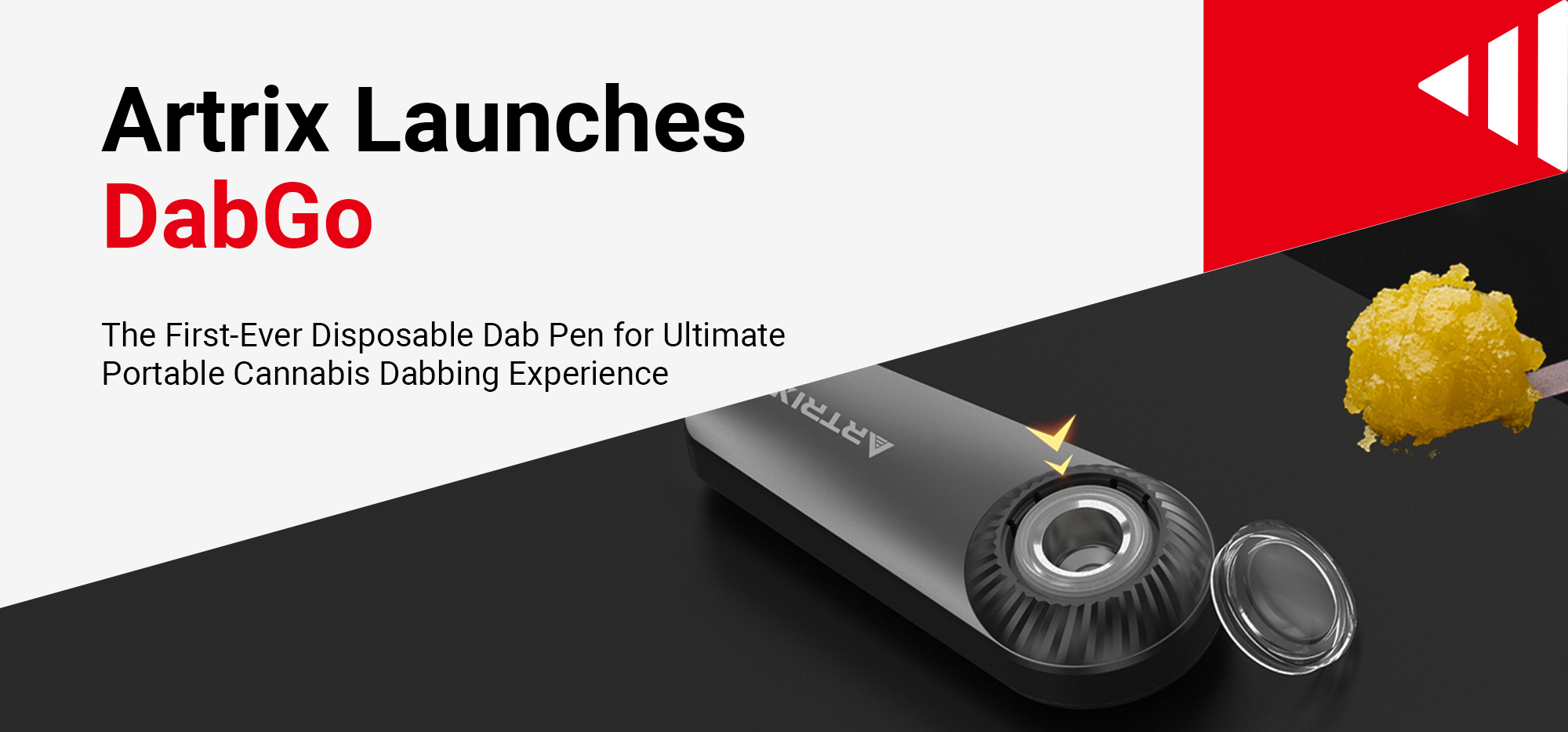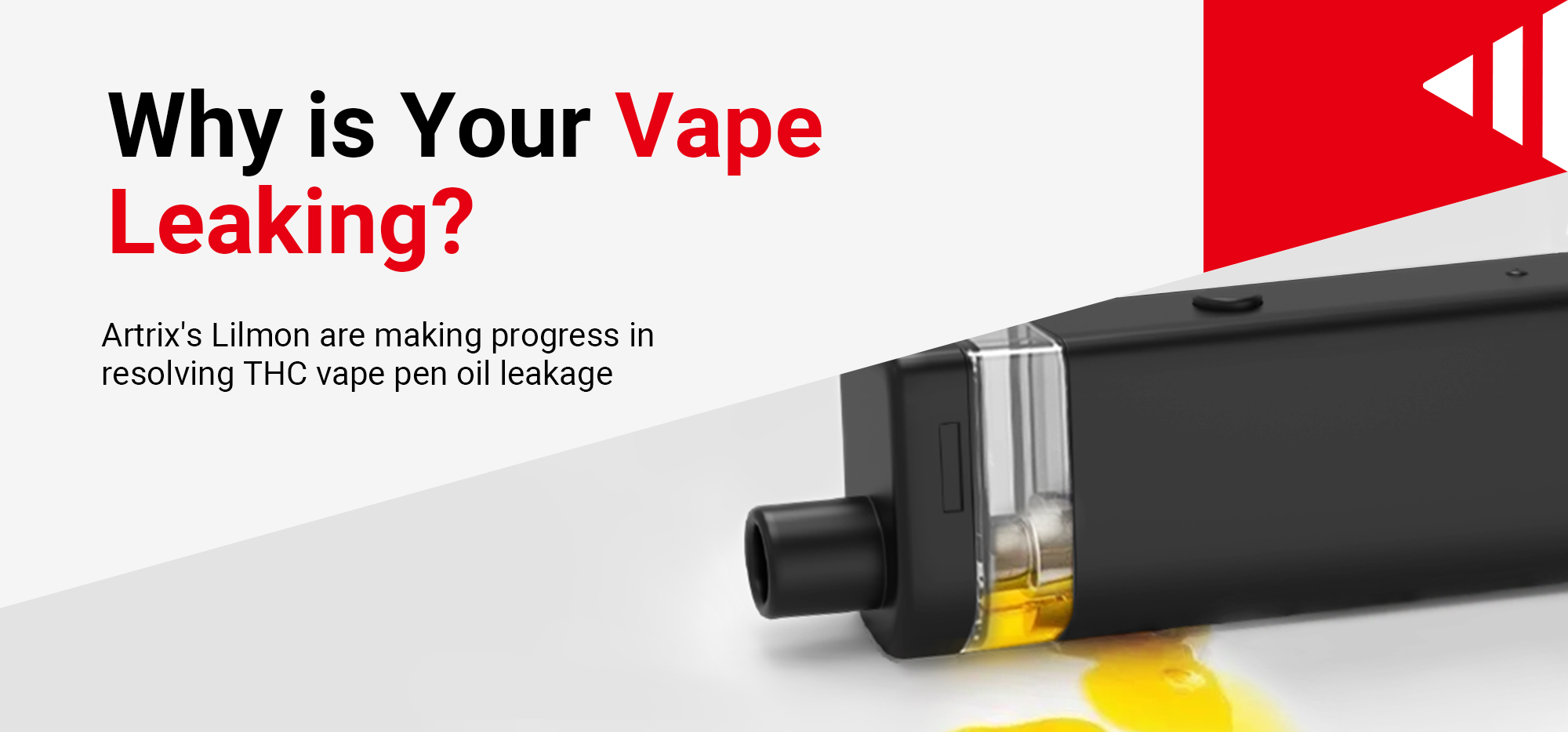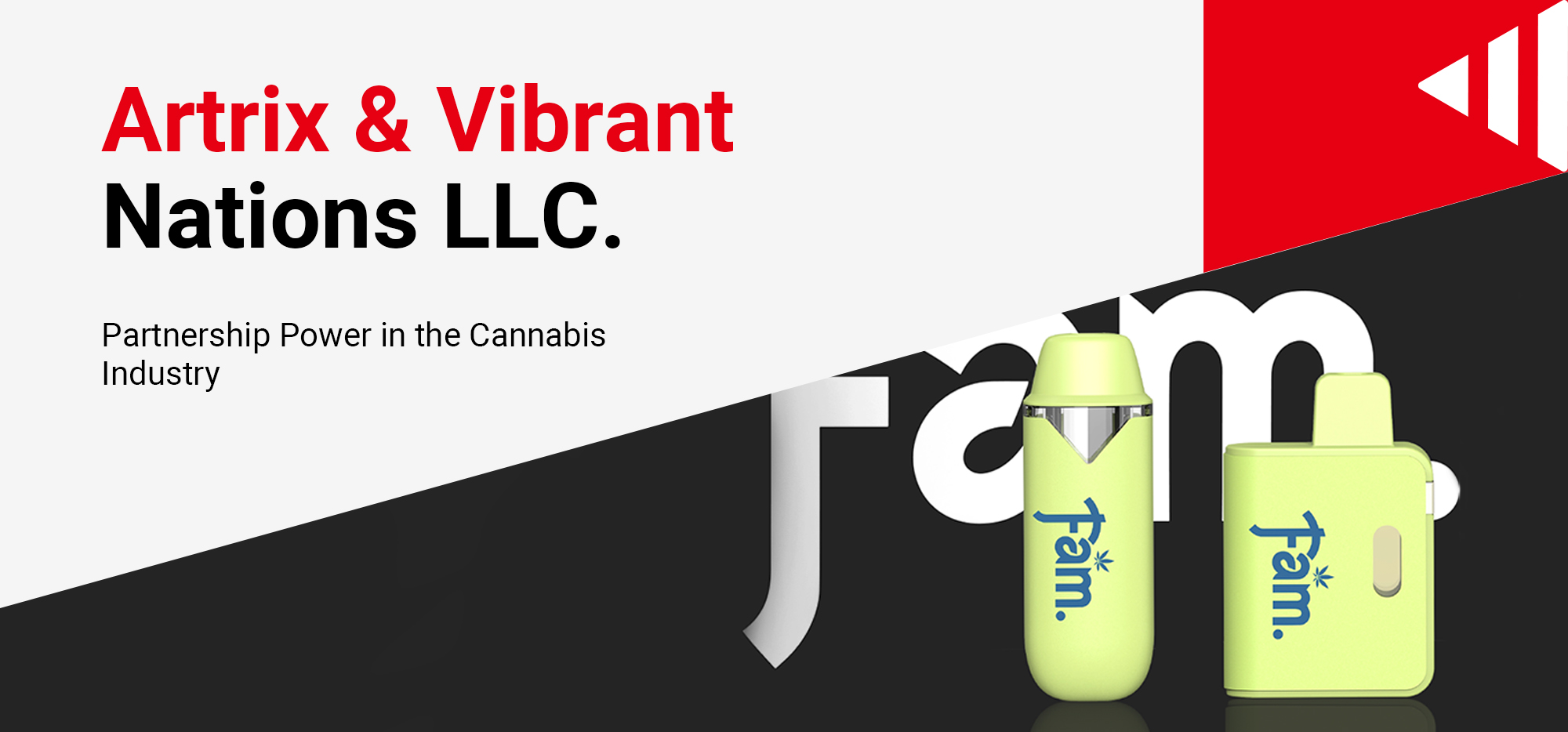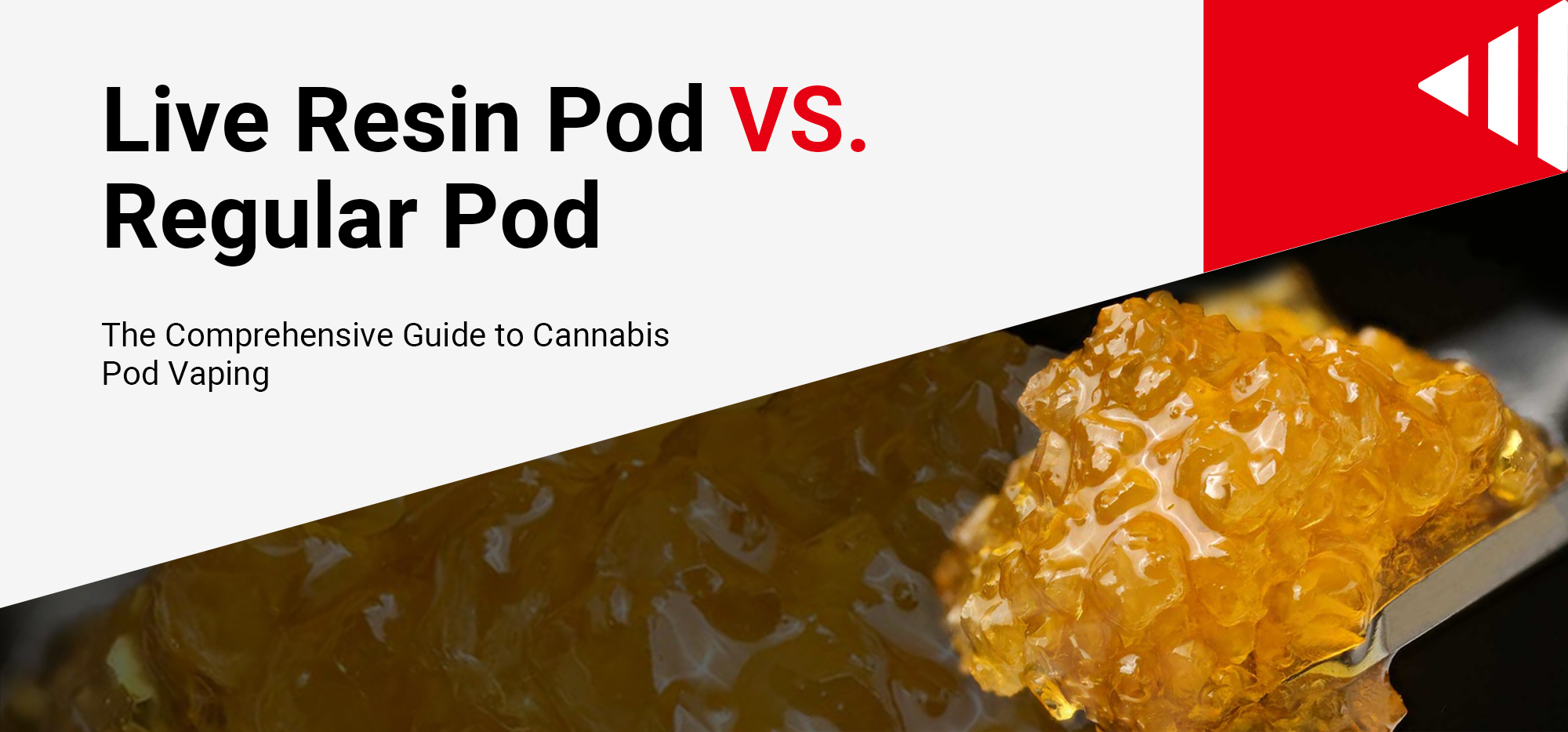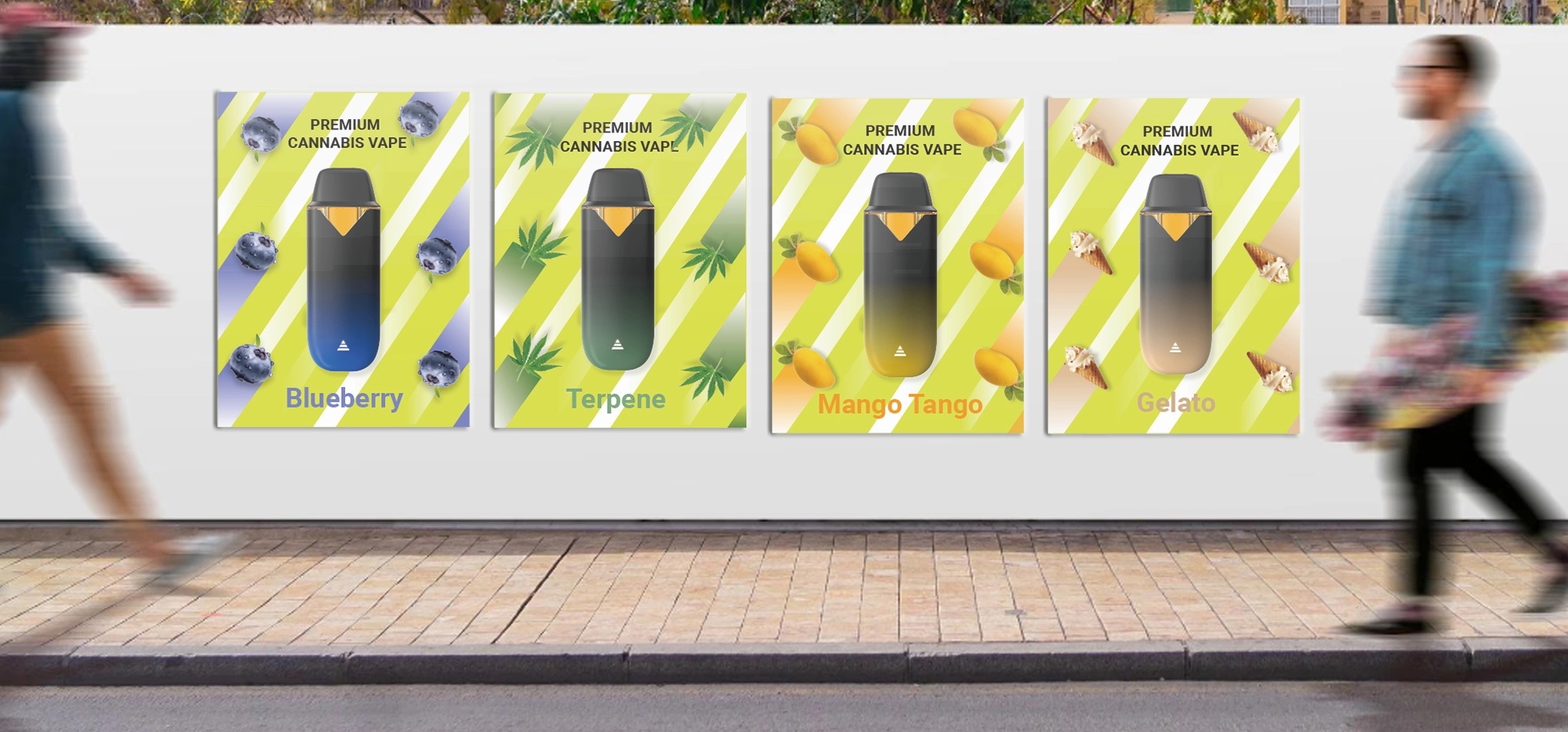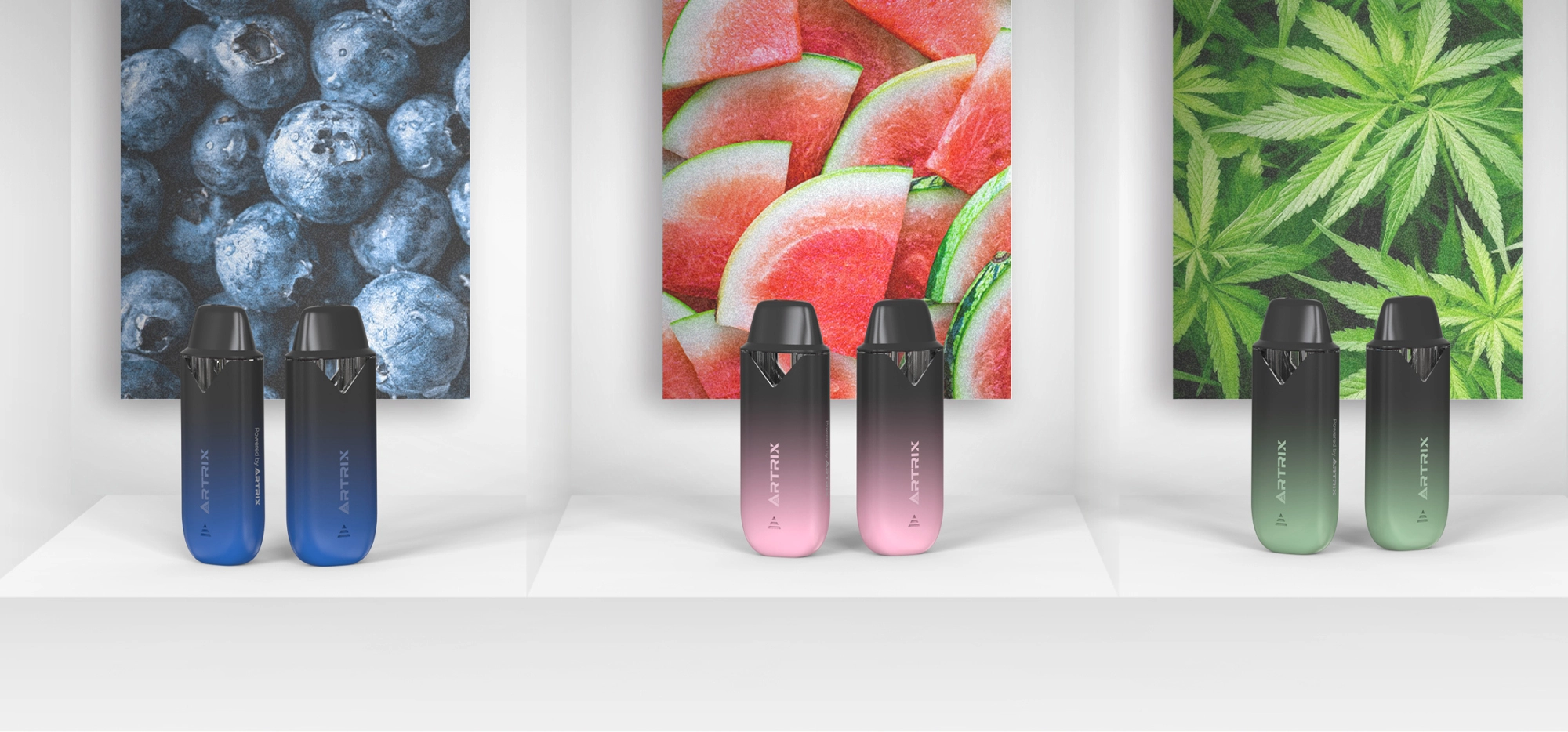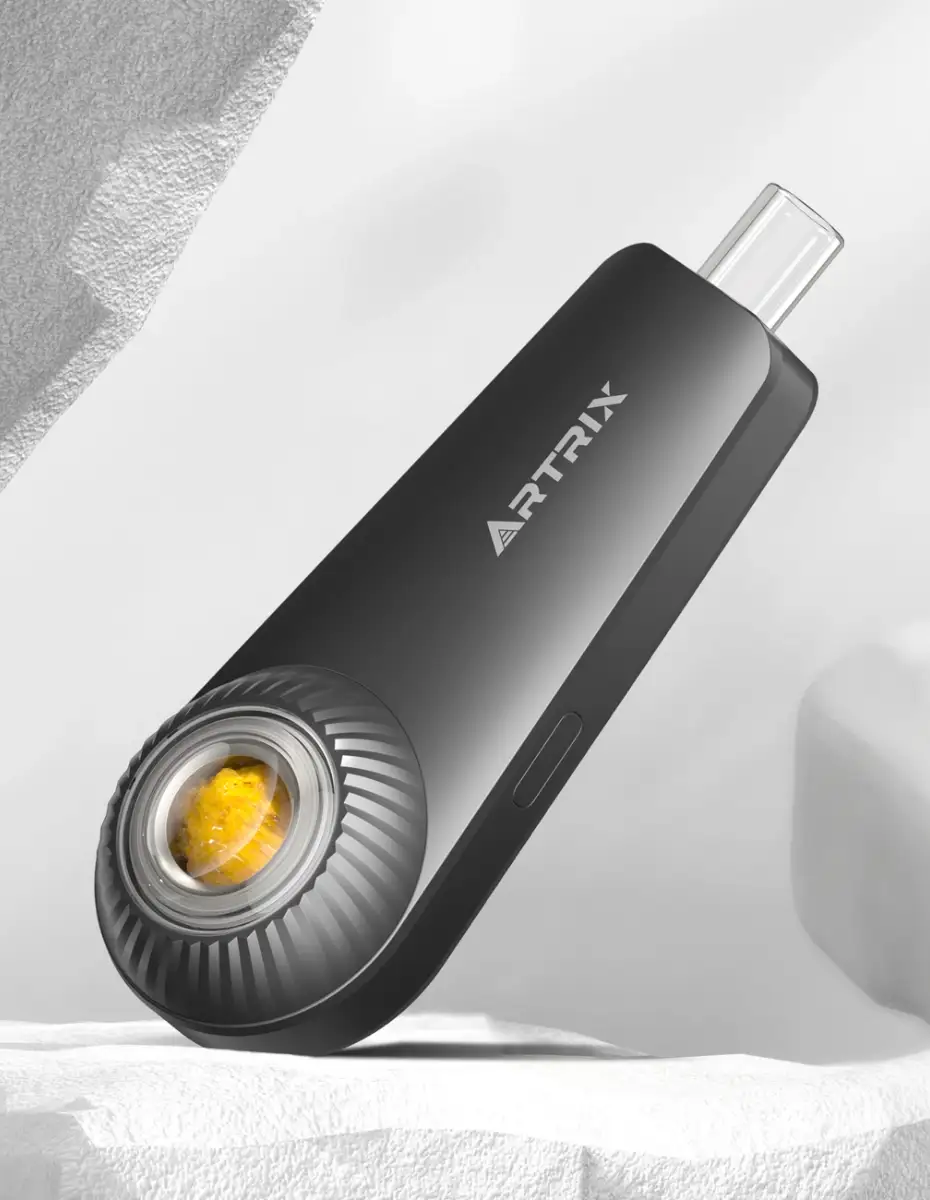THCA vs. THC: Understanding Differences, Potency & Vape Picks
What is THCA?
THCA Benefits:
Non-Psychoactive Relief: Potentially offers therapeutic benefits, without the psychoactive effects, making it ideal for consumers who are either interested in the medical benefits of cannabis without a ”high.”
Anti-Inflammatory: Can help reduce inflammation, which is good for arthritis or autoimmune diseases Neuroprotective: May protect brain cells, showing potential for neurodegenerative diseases, such as Alzheimer’s or Parkinson’s disease.
Anti-Nausea: Offers anti-nausea benefits without psychoactive effects; good for patients dealing with chemotherapy.
Antioxidant Benefits: THCA might fight oxidative stress, associated with many chronic diseases.
Research on cannabis has been largely centered on the use of the psychoactive component in cannabis products, and the benefits of raw cannabis consumption (THCA flower) is best represented on the medicinal spectrum as states and even the federal government legalized cannabis products.
THCA Consumption Methods:
1.Raw Cannabis:
2.THCA Crystalline (Isolate):
3.THCA Tinctures:
4.THCA Capsules:
5.THCA Topicals:
6.THCA Edibles:
7.THCA Juices:
8.THCA Patches:
What is THCA consumption? When you consume it, it acts as a neuroprotectant and shows a lot of promise, with a molecular structure found in cannabis.
What is THC?
THC Benefits:
Psychoactive Relief: Excellent pain control, euphoria, and an excellent sense of relaxation; useful in both chronic pain and anxiety and mood disorders.
Stimulating Appetite: Great appetite stimulator for those suffering from HIV/AIDS & cancer and improves eating disorders.
Anti-Nausea and Vomiting: Good anti-nausea virtues, very helpful for people getting chemotherapy.
Sleep help: It enhances sleep quality, so it is useful for individuals with insomnia, or any type of (sleep) disease.
Mood Support: Beneficial for mood regulation, which may have implications for depression and anxiety, but dose and individual differences apply.
THC Consumption Methods:
1.Smokable Flower:
2.THC Concentrates:
3.THC Edibles:
4.THC Tinctures:
5.THC Capsules:
6.THC Topicals:
7.THC Vape Cartridges:
8.THC Patches:
9.THC Suppositories:
Depending on what you desire — the non-psychoactive benefits of THCA or the psychoactive and therapeutic effects of THC — these forms of the compound offer different options. Cannabis plants produce THC or THCA, and THCA is non-psychoactive until heated hence the difference when discussing THC vs THCA cannabis flower & THC flower.
Differences between THCA vs. THC
THCA (tetrahydrocannabinolic acid) and THC (tetrahydrocannabinol) are two closely related cannabinoids in the cannabis plant with vastly different properties and effects.
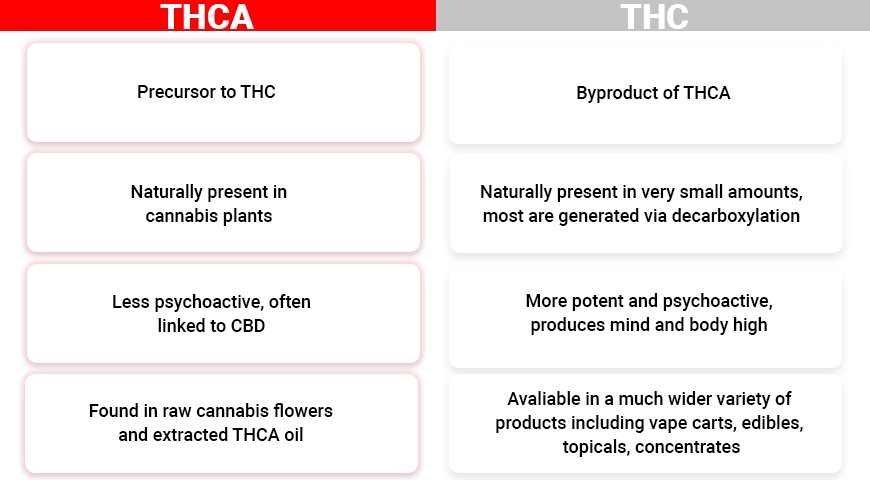
THCA and THC both originate from cannabis plant but differ in their chemical structure and effects on human body. The most significant difference lies in their psychoactive nature. THCA is non-psychoactive, meaning it will not get you high. In contrast, THC interacts with the brain’s cannabinoid receptors to produce euphoric and psychoactive effects.
Effects and Side Effects of THCA vs. THC
THCA Effects:
Non-Intoxicating: THCA does not get you “stoned,” so it is perfect for therapeutic application without psychoactive effects.
Anti-inflammatory: May help alleviate inflammation and pain, useful for chronic illnesses like arthritis.
Neuroprotective: May protect the cells in the brain and the benefits that potential have in neurodegenerative disorders such as Alzheimer’s.
Anti-Nausea: Alleviate nausea without getting high like you would if you were smoking a blunt of THC.
Anti-Proliferative: It holds potential for inhibiting cancer cell growth, but research is nascent.
Entourage Effects: THCA can augment the therapeutic effects of other cannabinoids when consumed together, contributing to the entourage effect.
THC Psychoactive Effects:
Psychoactive: THC is the part that produces the “high,” resulting in euphoria and changed perception.
Pain Relief: A potent strain for chronic pain management, commonly utilized in medicinal cannabis for therapeutic applications.
Increased Appetite: Infamous for creating “the munchies,” increasing hunger.
Anti-Nausea: Reduces nausea particularly useful for cancer patients taking chemotherapy.
Mood Alteration: May improve mood or, in higher doses, induce anxiety and paranoia.
Impaired Memory/Coordination: Can disrupt short-term memory and motor coordination, so this requires some care.
Sleep assistance: Can help sleep but may leave them feeling groggy.
Potential for Dependence: Long-term use can result in dependence and the risk of withdrawal symptoms.
THCA vs. THC: Risks and Side Effects
THCA Side Effects and Risks:
Low Psychoactivity: The “high” effect from THC is not active in THCA.
Mild Side Effects: Generally considered safe, although there is little research on possible side effects.
Potential Long-Term Risks Unknown: Further research is needed to fully understand any long-term risks linked to the use of THCA.
THC Side Effects and Risks:
Psychoactive Effects: Euphoria or altered perception, or also anxiety or paranoia—both adverse effects for some.
Impaired Judgment: Impairs short-term memory, coordination and judgment = higher accident risk.
Dependence: Prolonged use may result in dependence and withdrawal symptoms.
Potentia for Anxiousness: High doses can cause anxiety or paranoia in sensitive users.
Health Risks: Long-term THC use can cause significant mental and physical health problems, especially among sensitive groups such as adolescents.
Cannabis use, whether medicinal or recreational, comes with a range of palatable experiences mainly subject to tolerance, locality, and purpose as well as consumption method—more so with frequent and prolonged consumption.
Does THCA Get You High?
Essentially, THCA does not get you high in its raw state. To induce psychoactive effects, heat must first convert it into THC through decarboxylation. This transformation is important for those wondering whether consuming raw cannabis can affect them similarly to traditional methods of ingestion such as smoking or vaping.
THCA vs. THC: Which is Stronger?
When it comes to strength comparison, it is important to clarify that THCA alone does not produce psychoactive effects. However, once it is converted to THC, its potency aligns closely with that of the resulting THC. Therefore, the strength of THCA to affect a user high sensation is entirely dependent on its conversion rate to become THC. When comparing the potency of cannabinoids, understanding how THCA translates to THC is crucial.
What Percentage of THCA is Equivalent to a Specific Percentage of THC?
When THC is heated, it converts nearly 1-to-1 into THC. However, not all THCA in cannabis will be able to convert optimally due to various factors such as method of heating and duration. Generally, you can consider the rule of thumb that 0.877 grams of THC forms from every gram of THCA after decarboxylation.
THCA vs Delta-9 and Delta-8
Delta-9 THC is the famous potent form of THC that provides strong psychoactive effects. Meanwhile, Delta-8 THC offers a milder intoxication effect, often preferred by those seeking less intense effects. When THCA converts into Delta-9 THC, it can deliver a comparable high, depending on the completeness of the decarboxylation process. THCA has gained popularity over the last few years due to its versatility. THCA is considerably the next big thing in the cannabis vape industry.
Recommended THCA Vapes
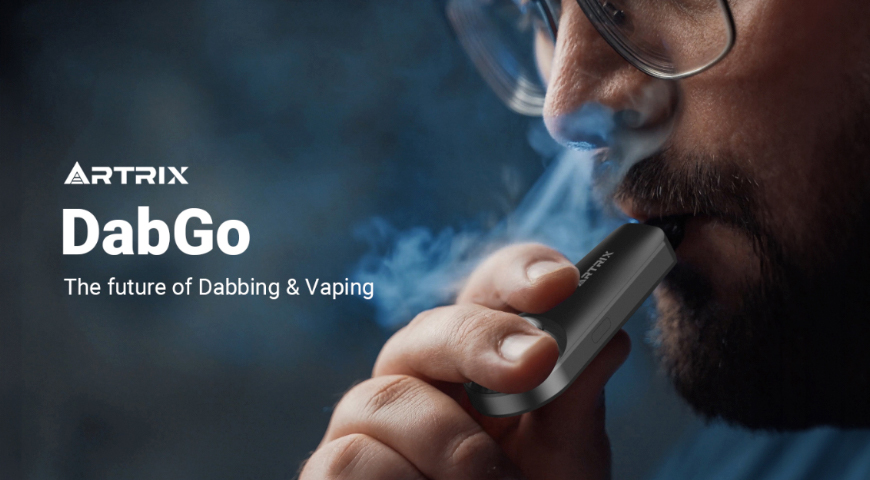
For those interested in a hassle-free way to enjoy the benefits of THCA, certain vape products stand out. The DabGo™ is a notable mention, a revolutionary dab pen designed to precisely heat and convert THCA into THC, offering users an effective and enjoyable experience. It’s ideal for both beginners and aficionados looking to explore the effects of THCA through a modern and efficient device.
In summary, while THCA and THC share a common origin, their differences are significant, particularly in terms of their psychoactive effects and how they interact with the human body. Understanding these nuances can help users choose the right products and consumption methods to match their preferences and needs.
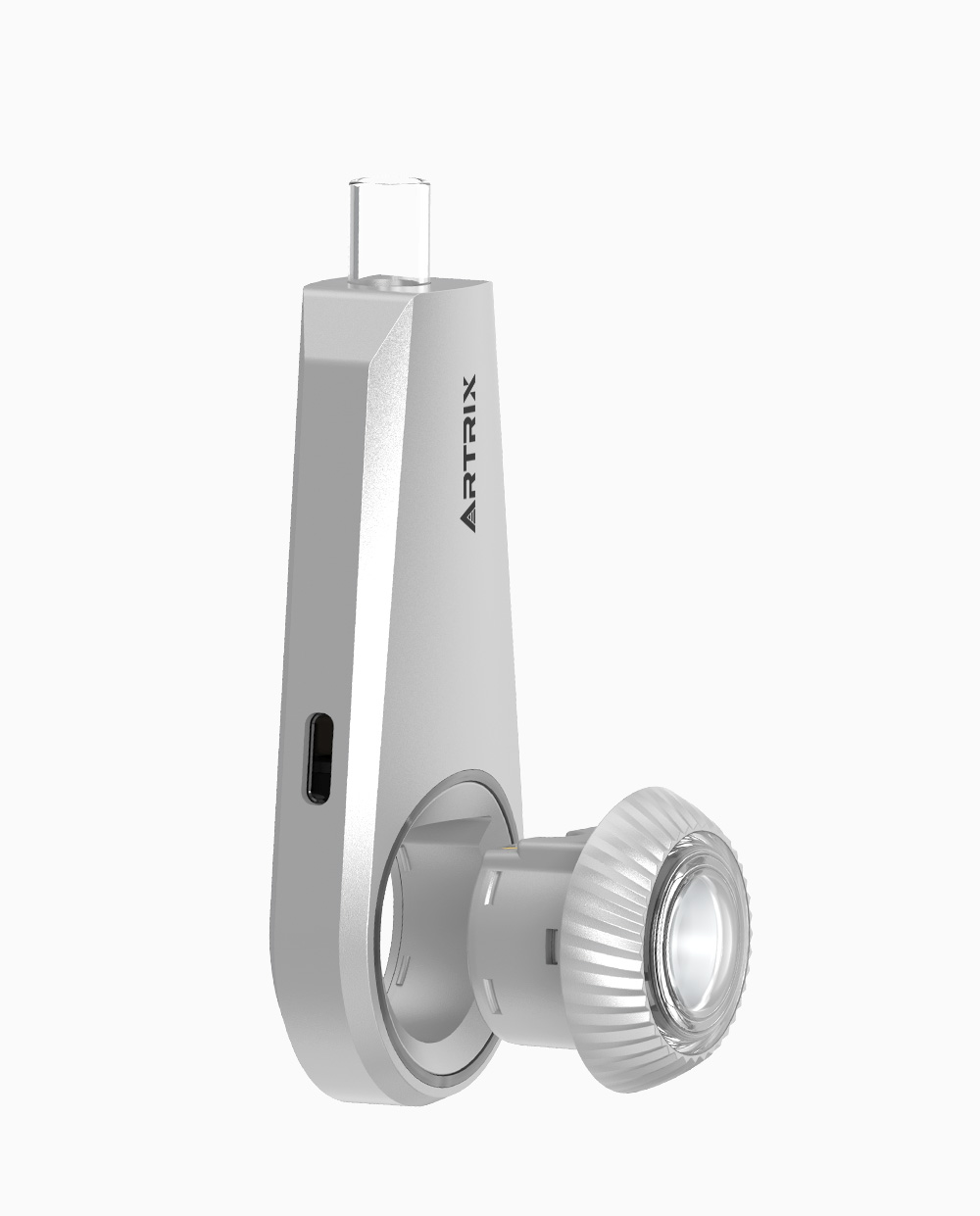
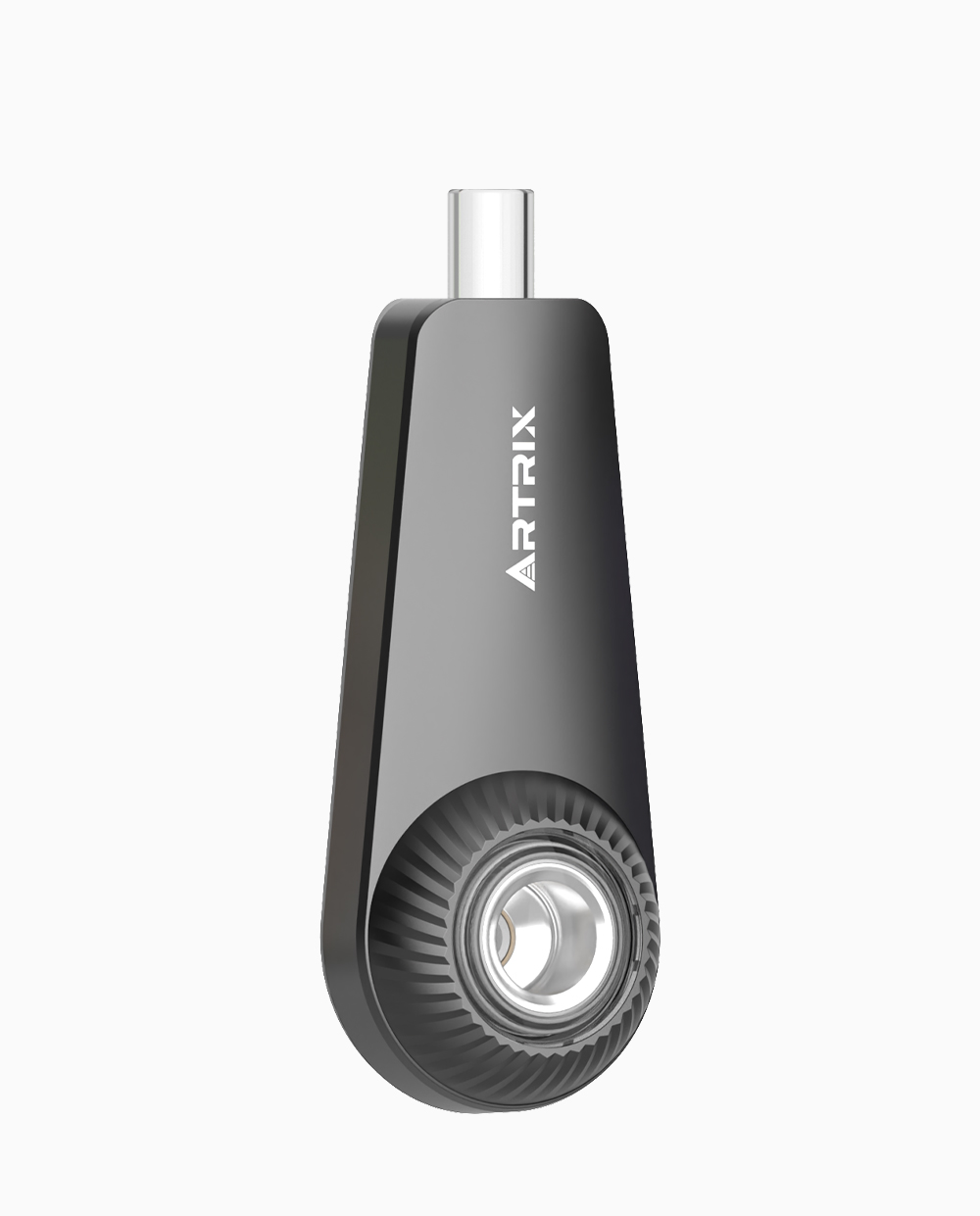

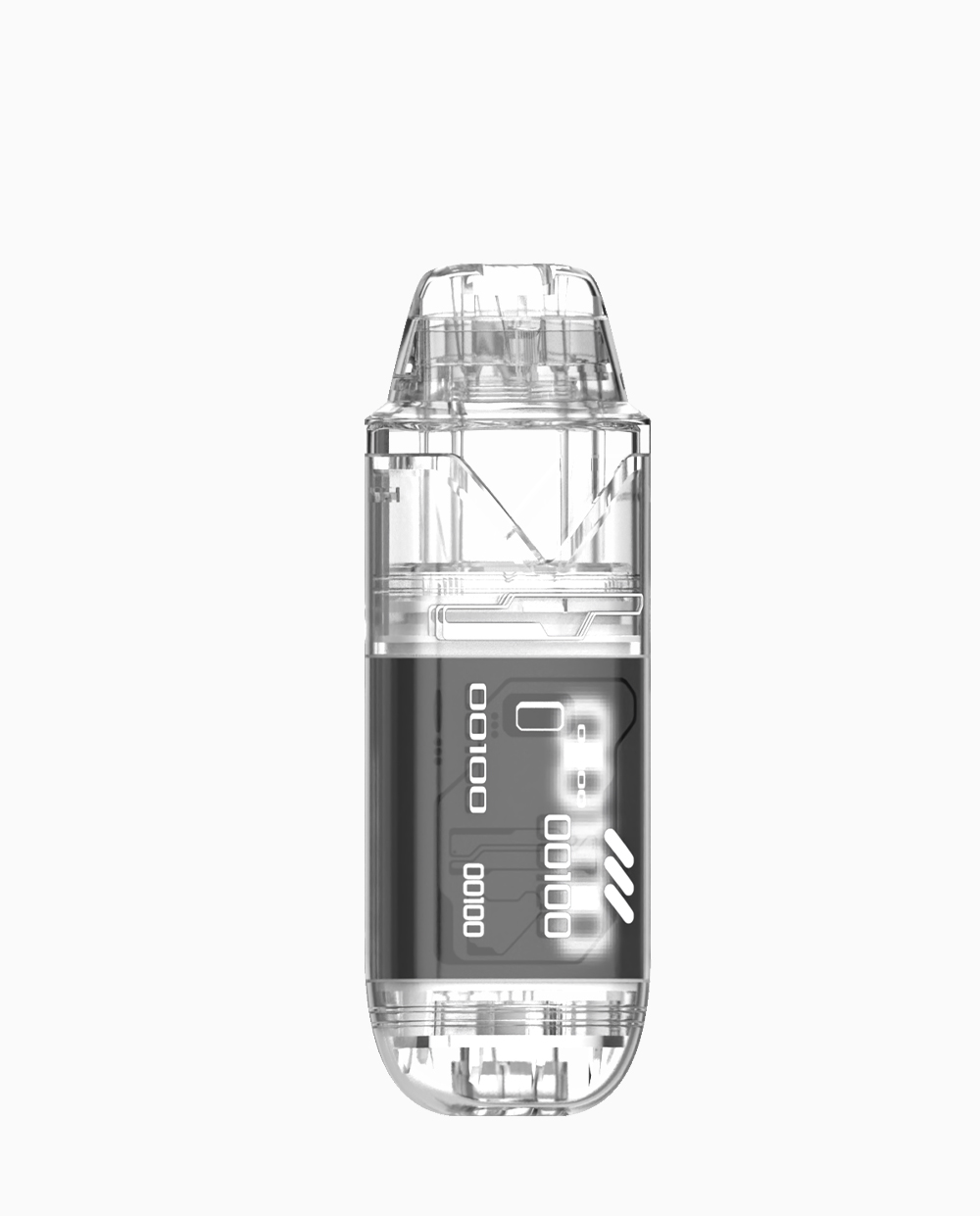
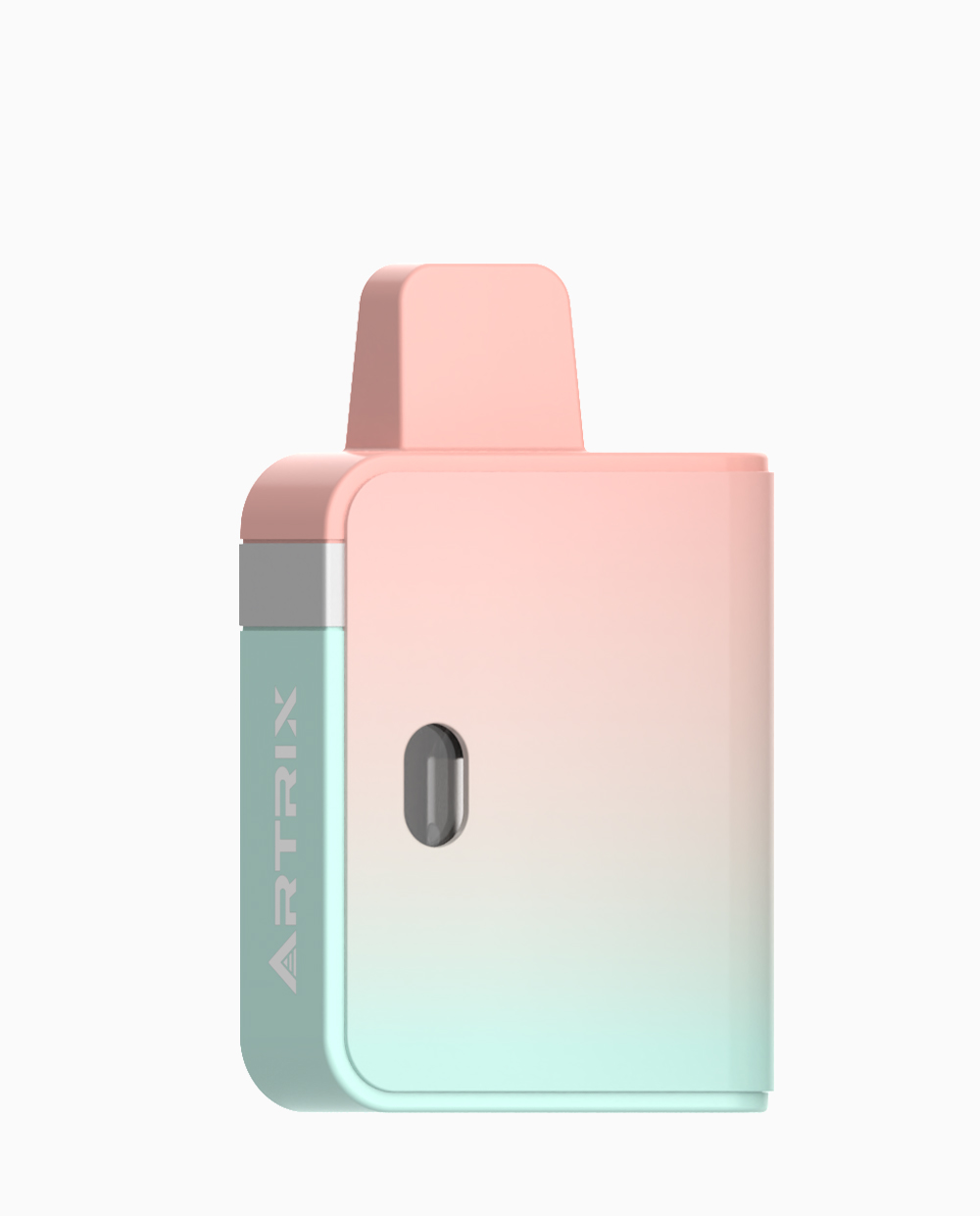

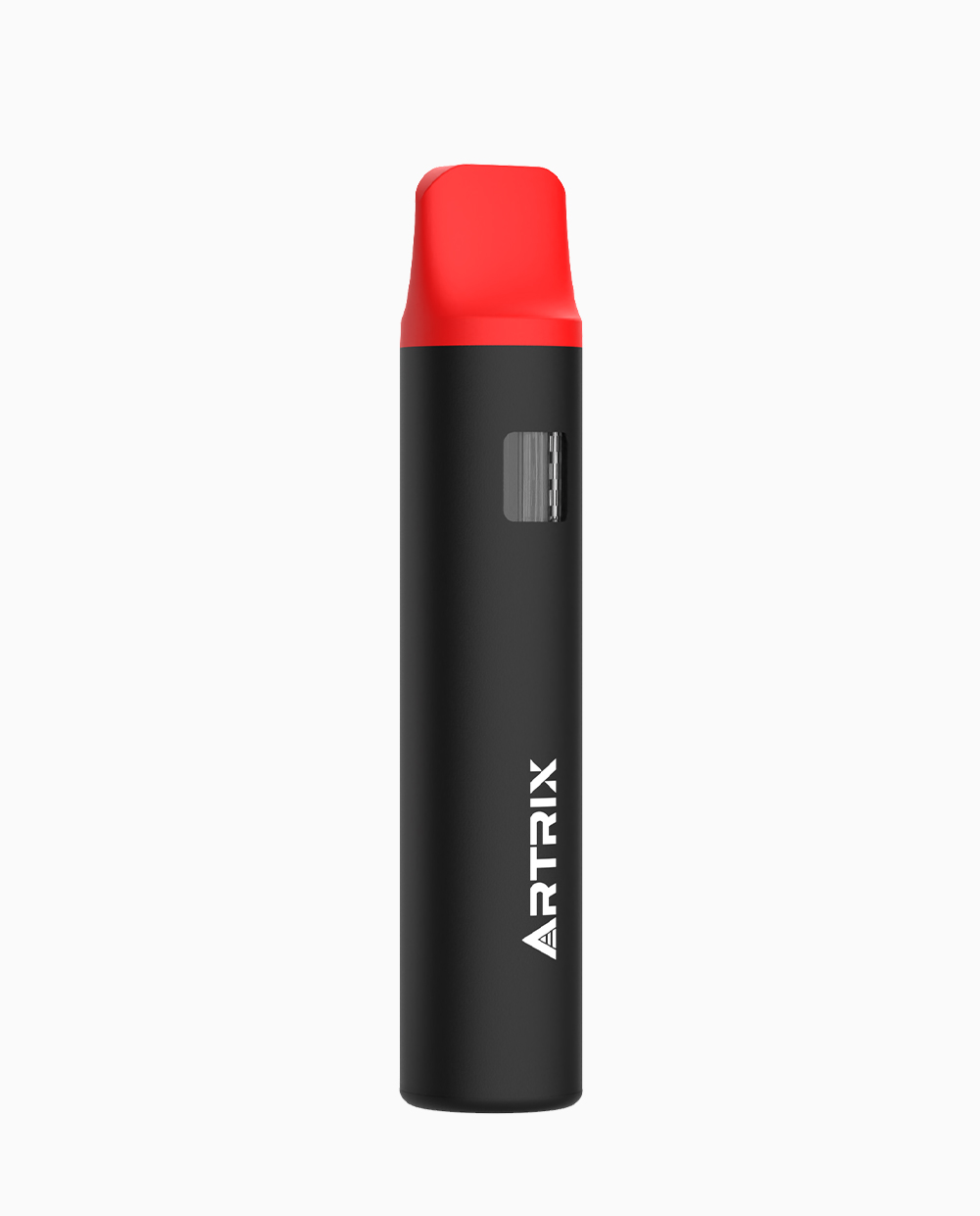
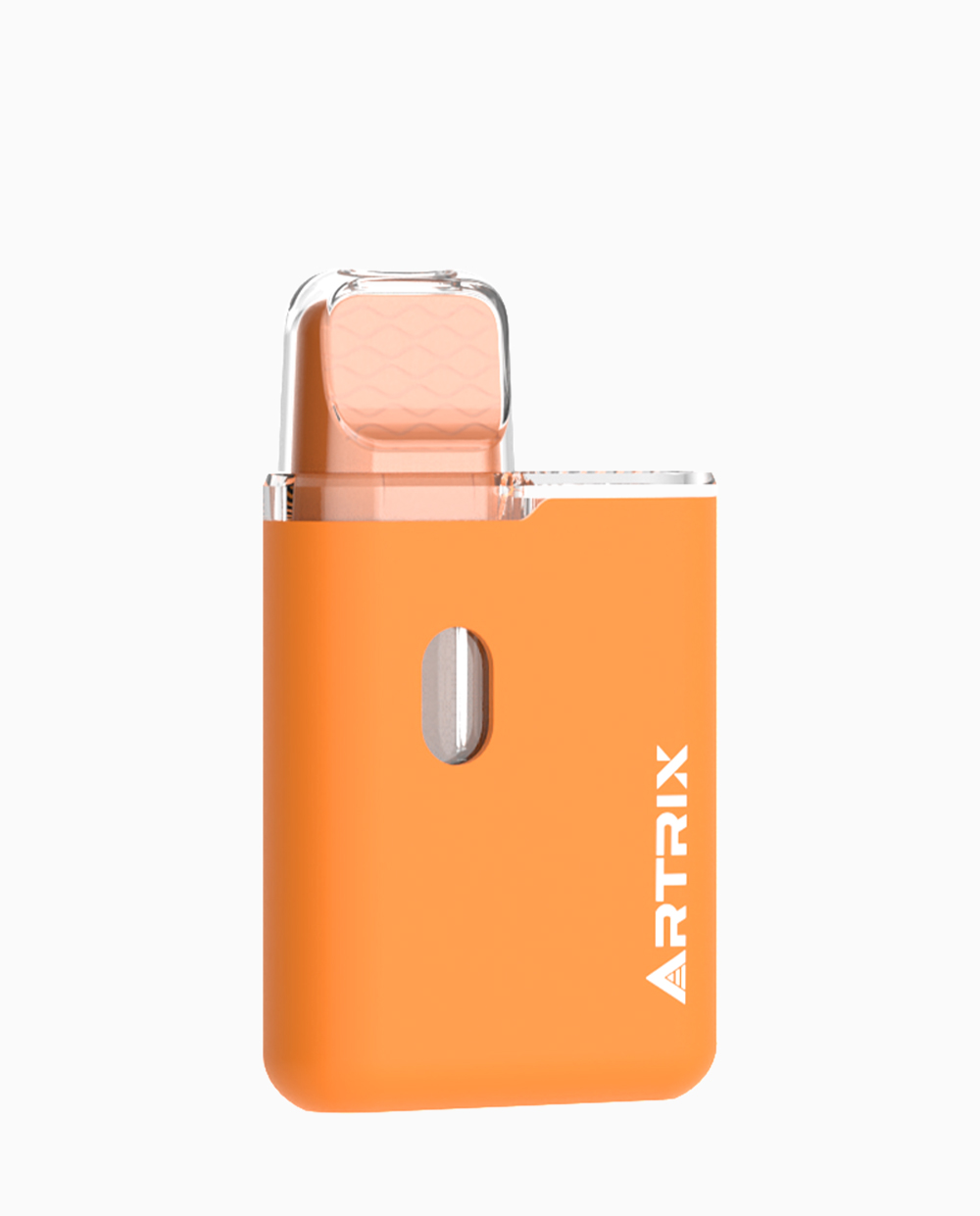
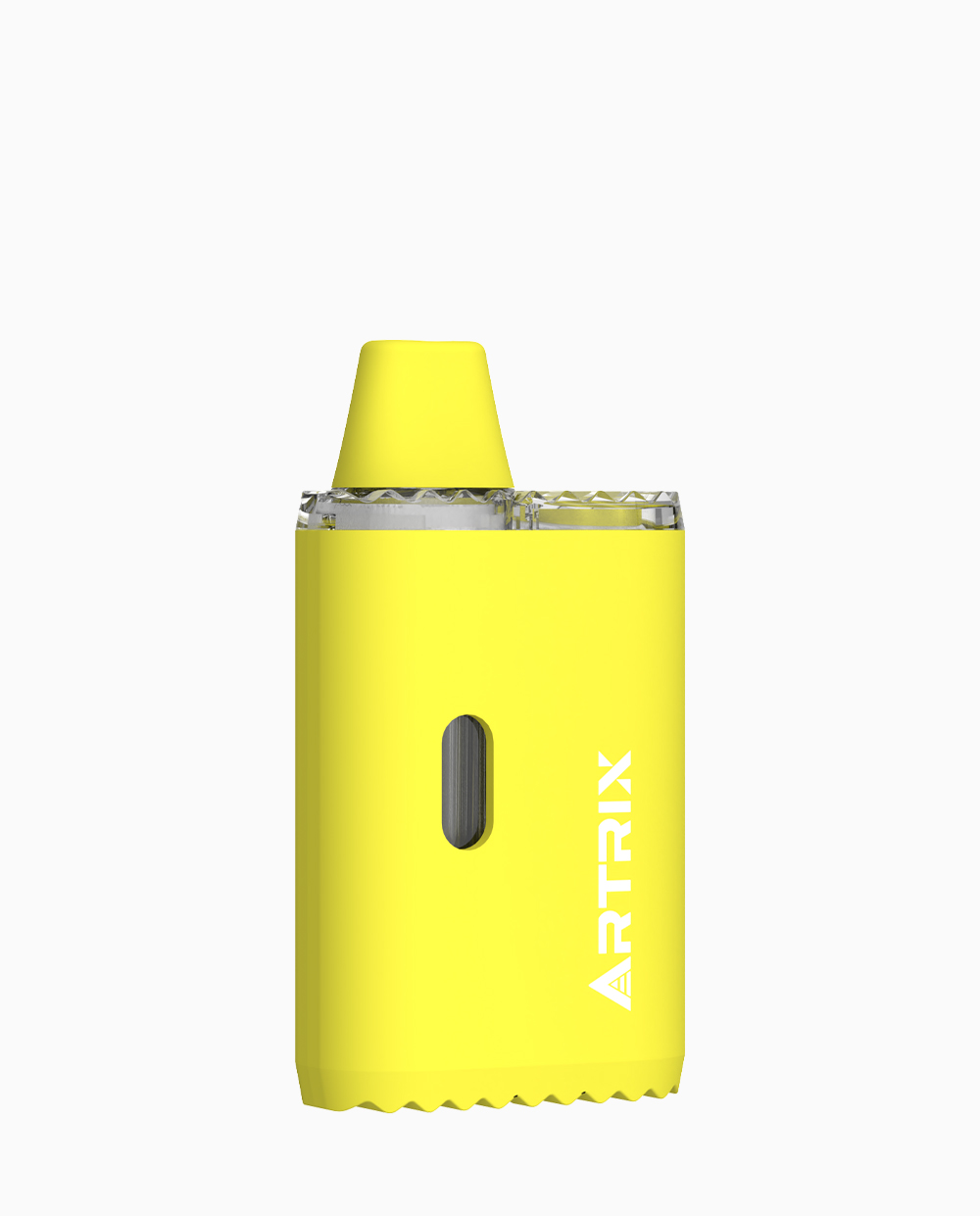
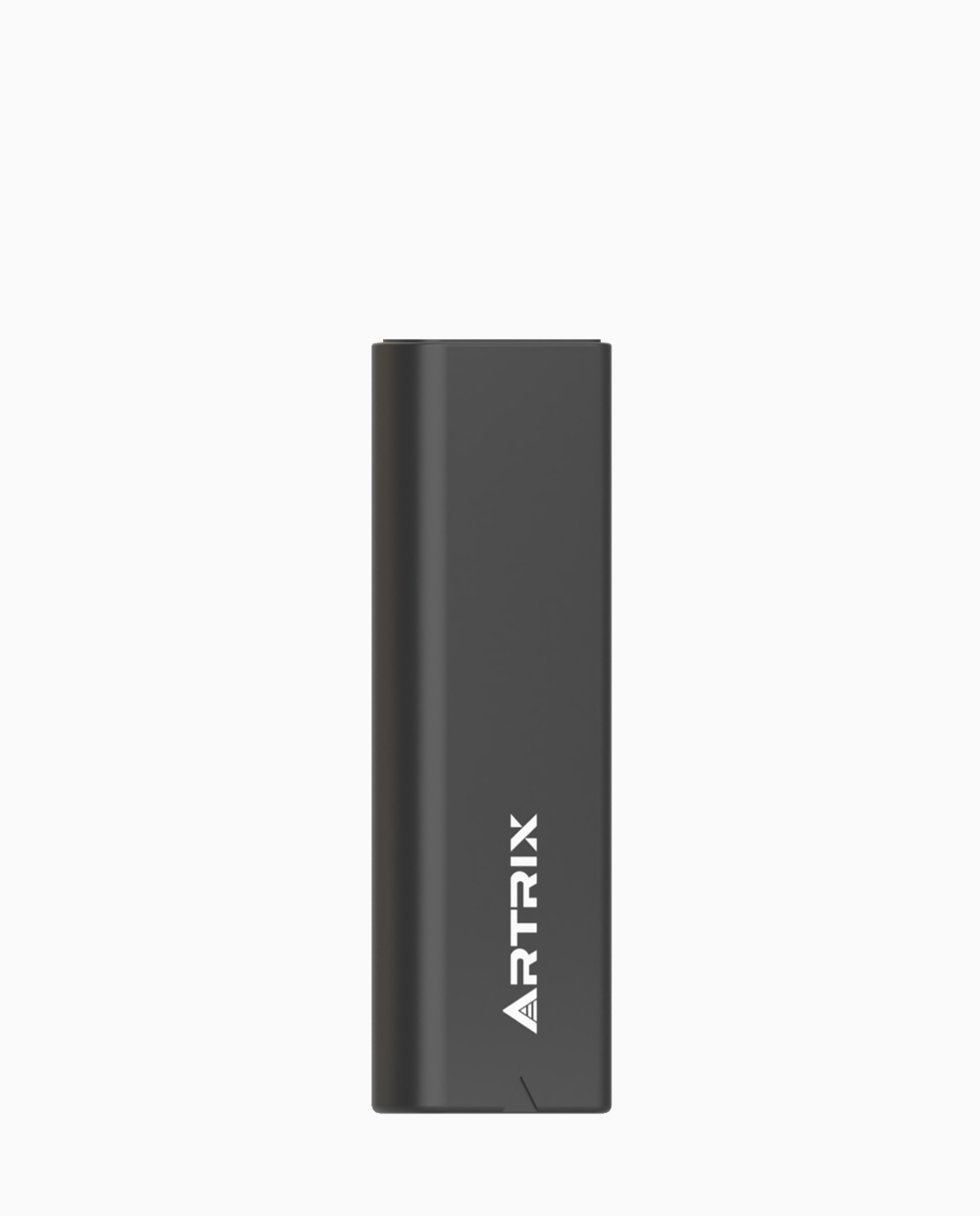
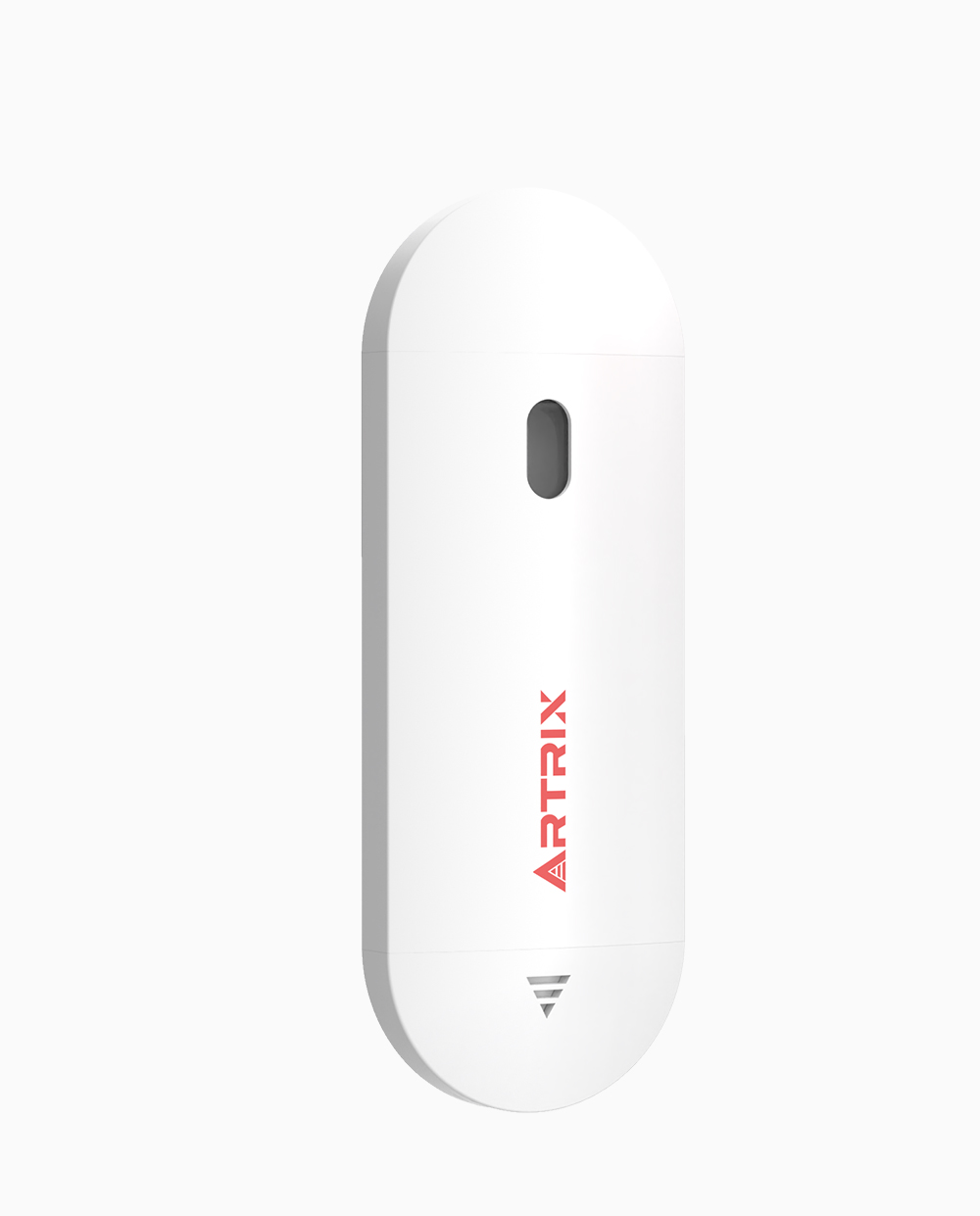



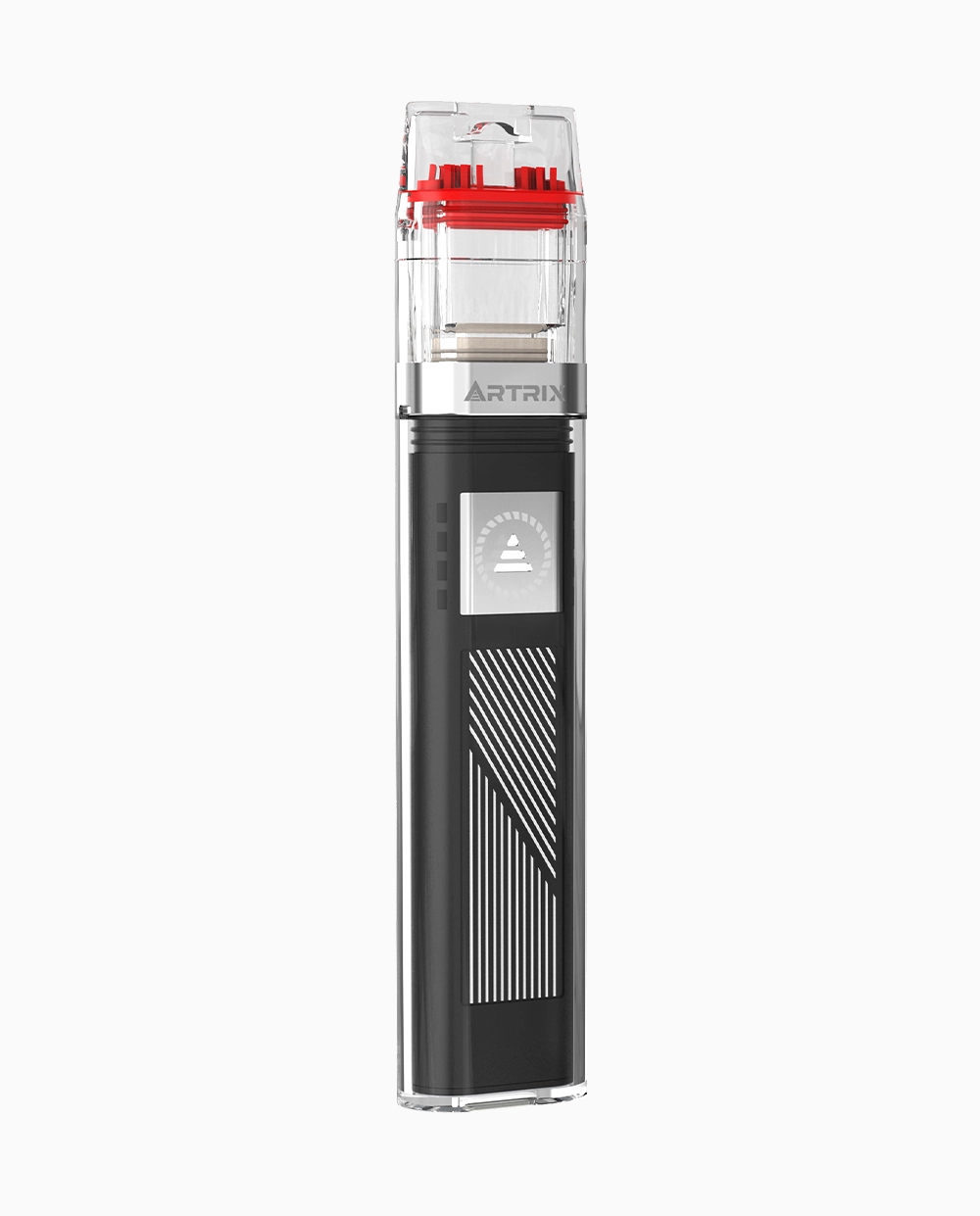
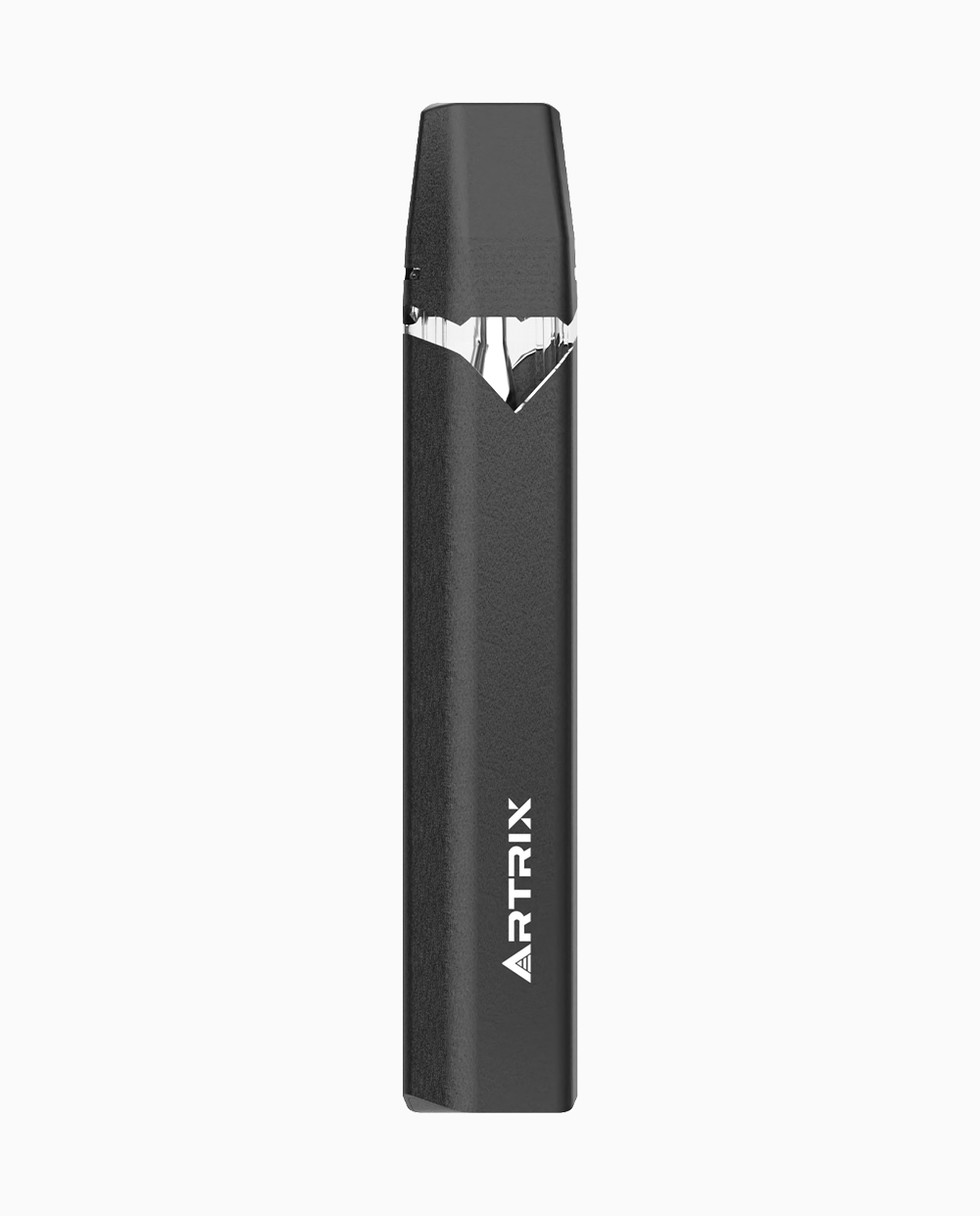
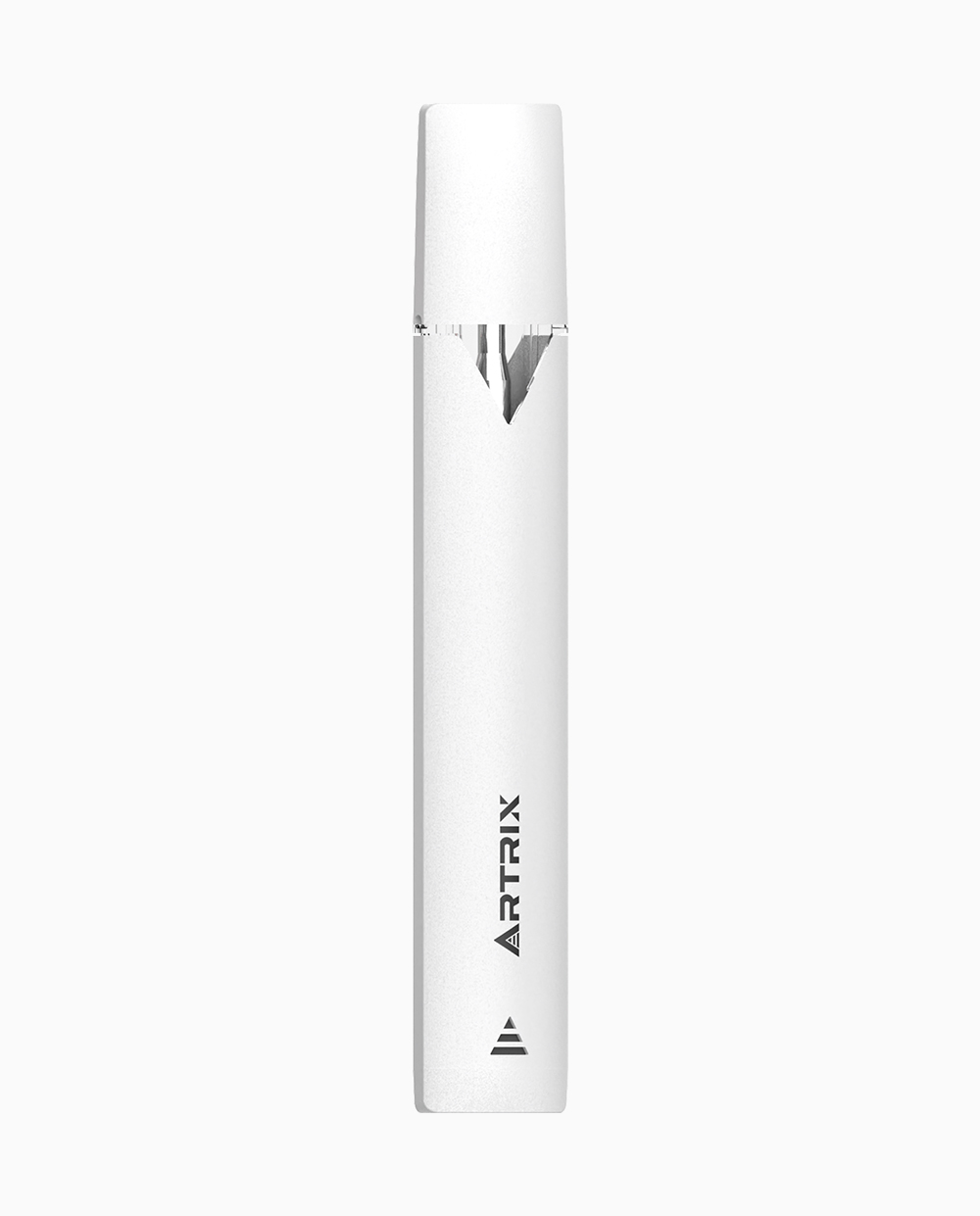
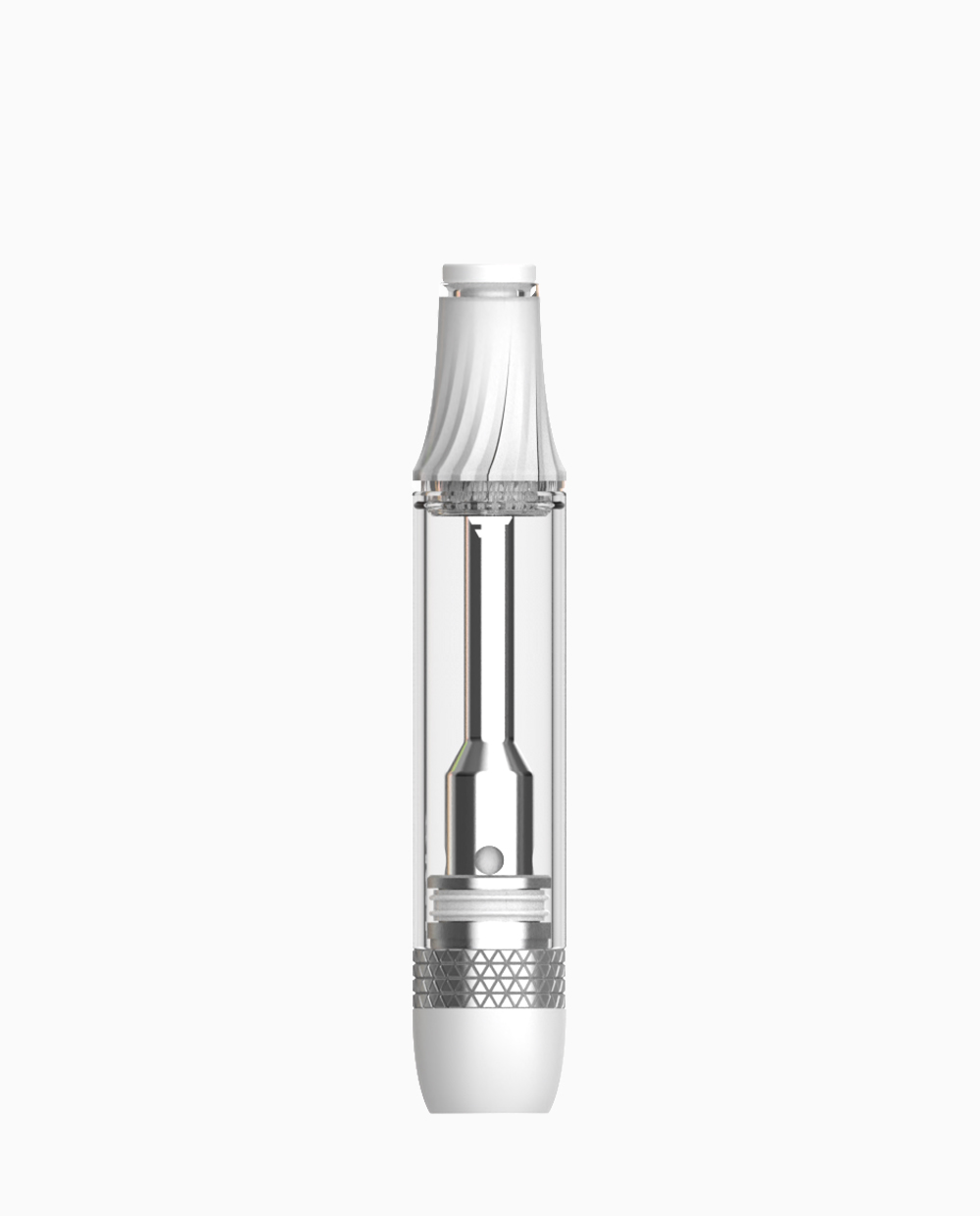

-1.webp)
-1.webp)
-2.webp)


